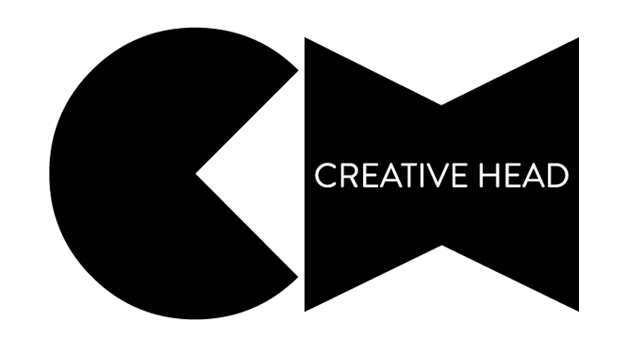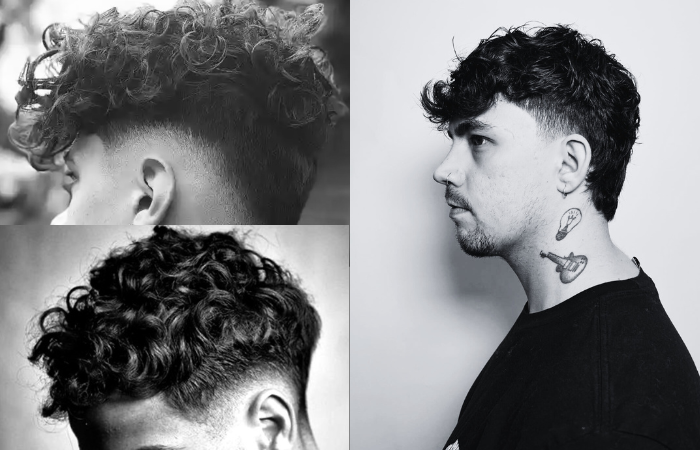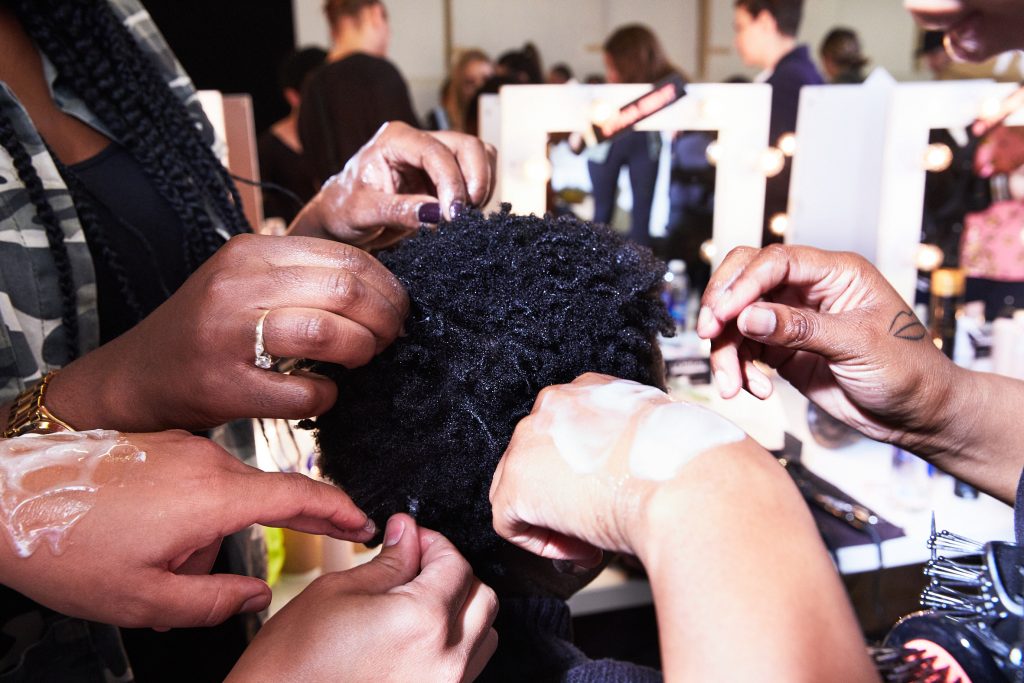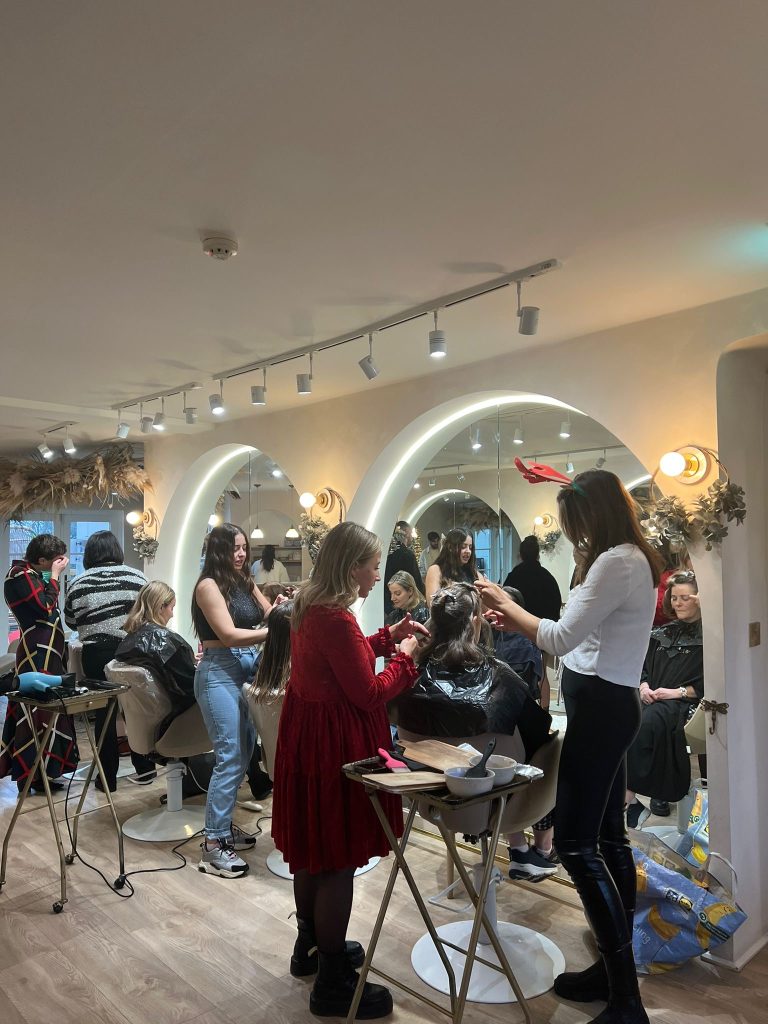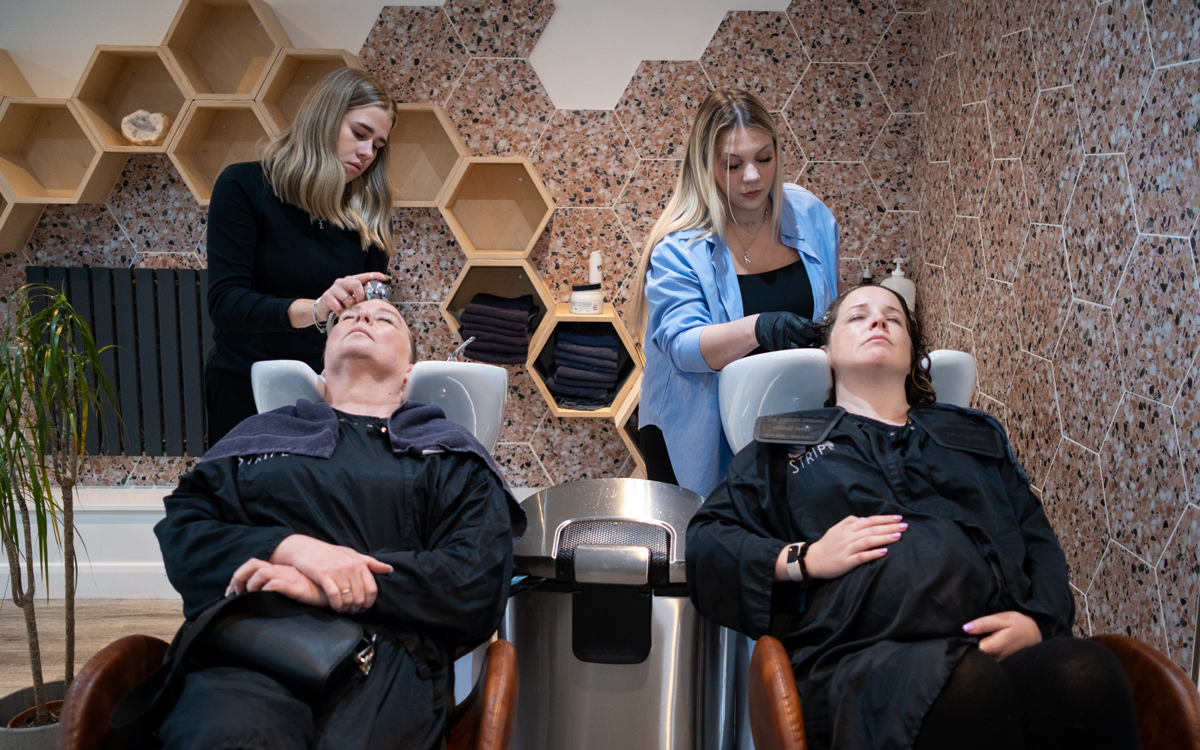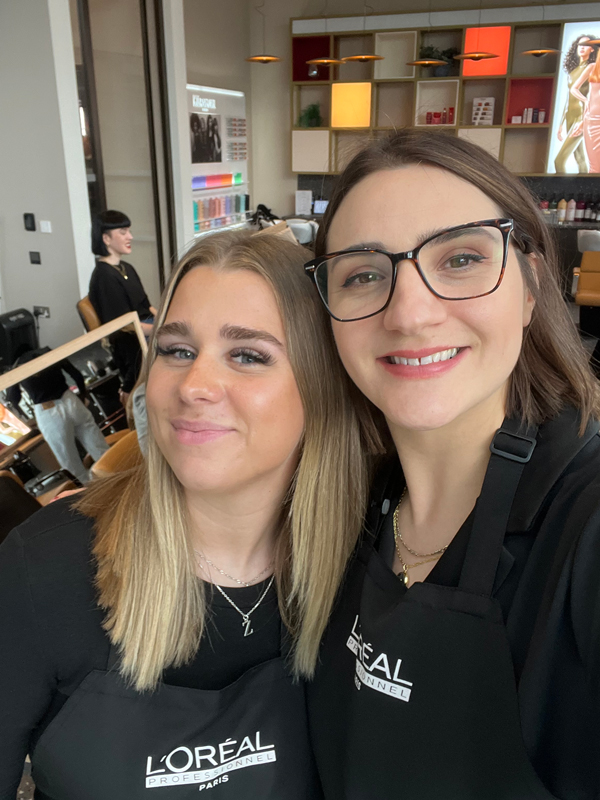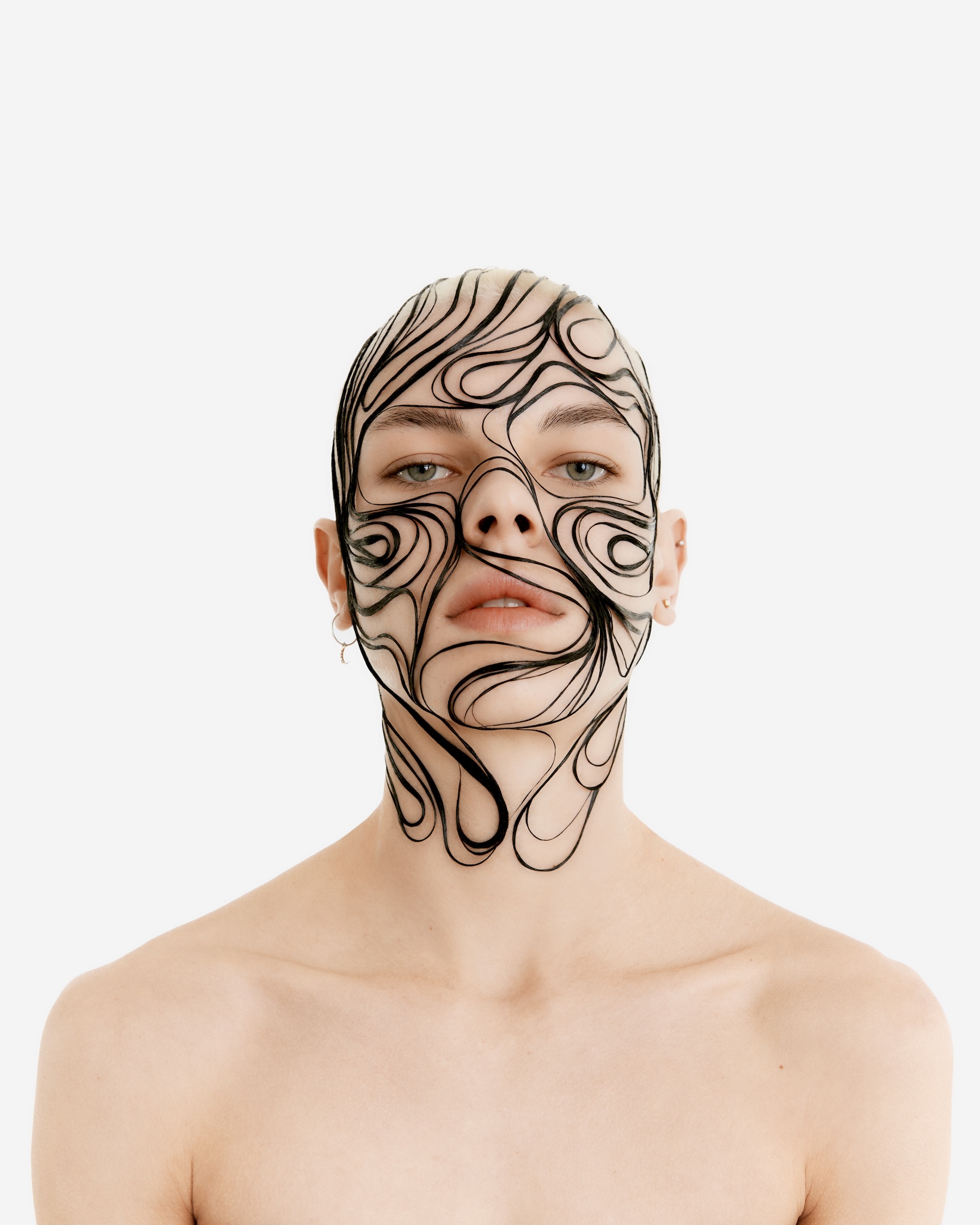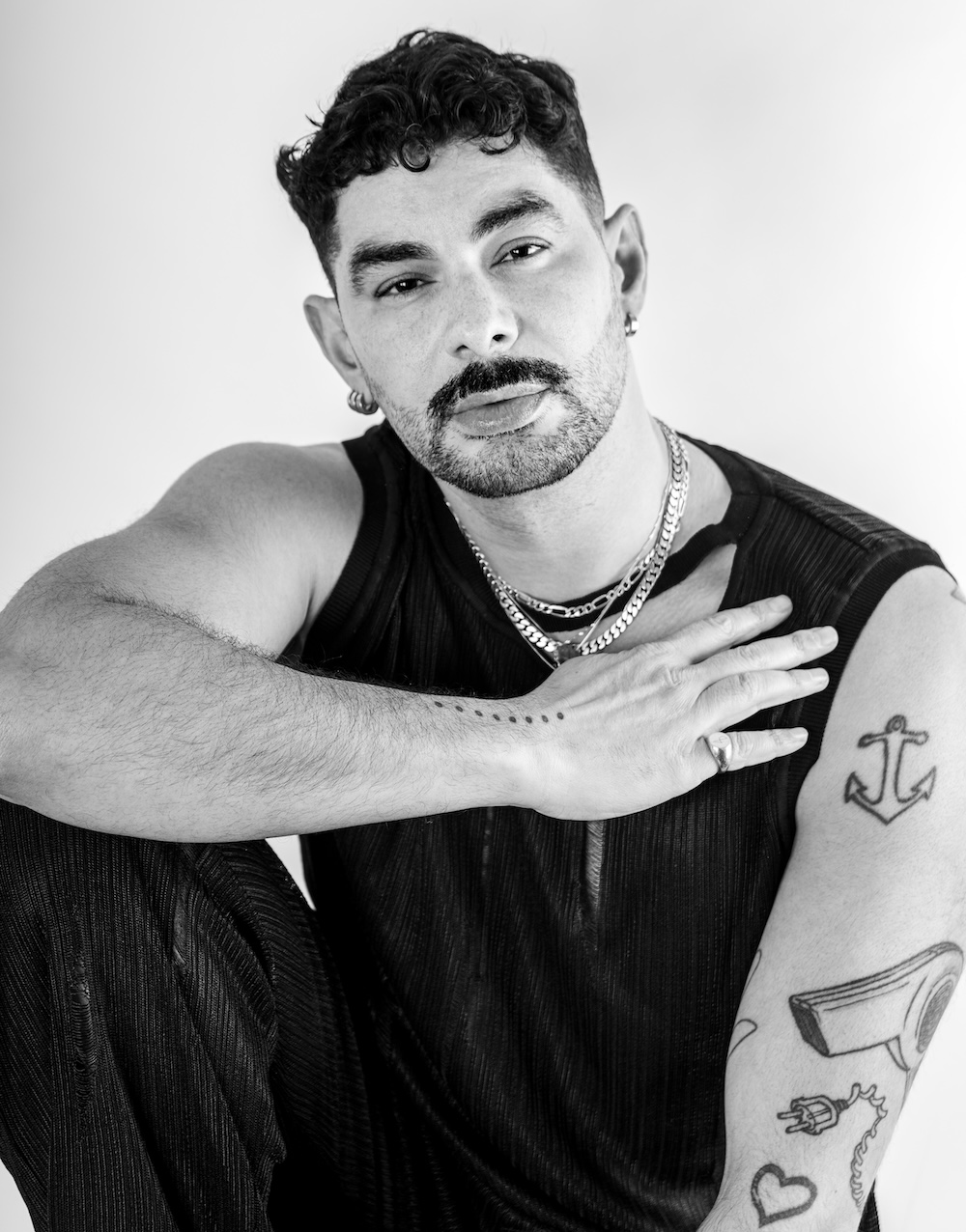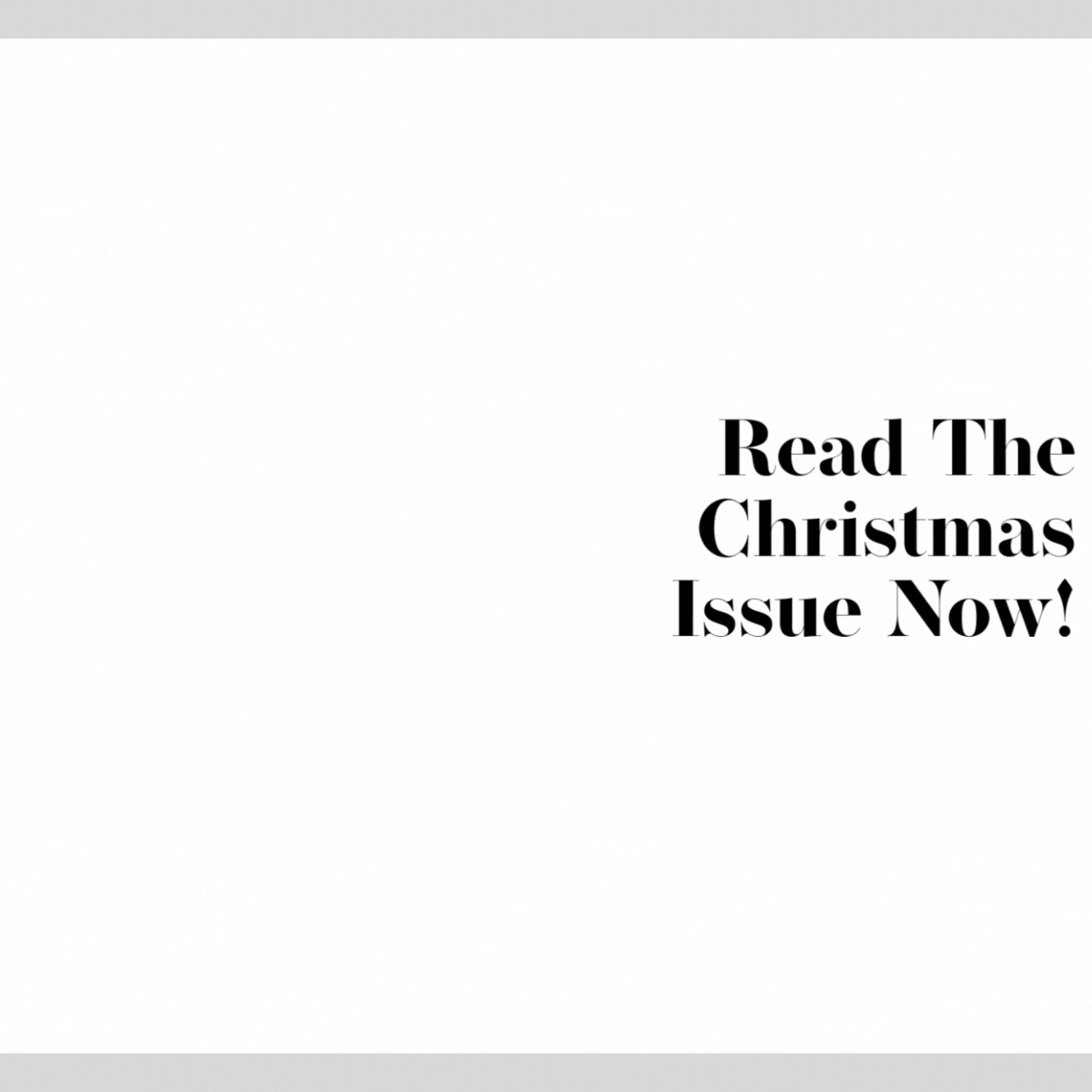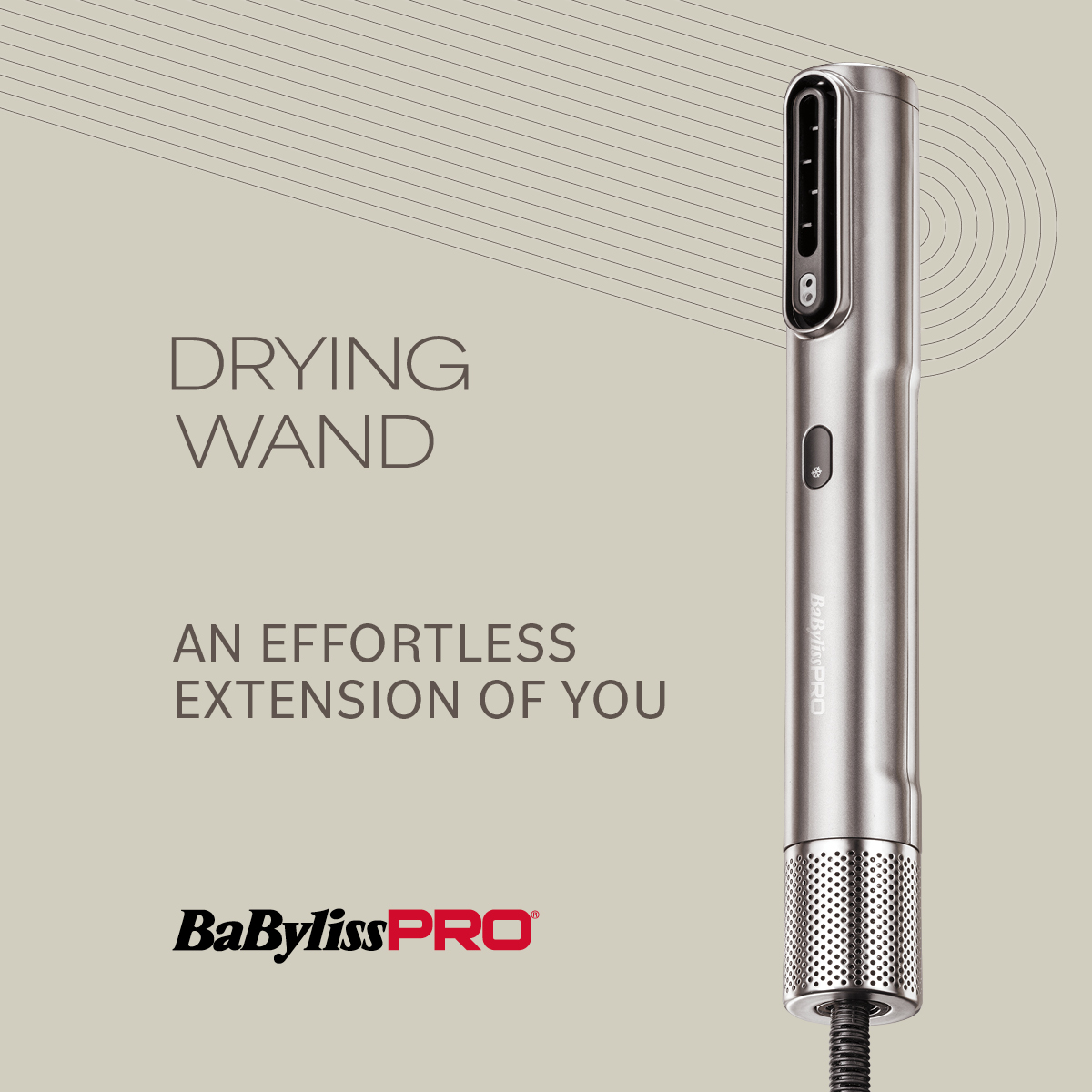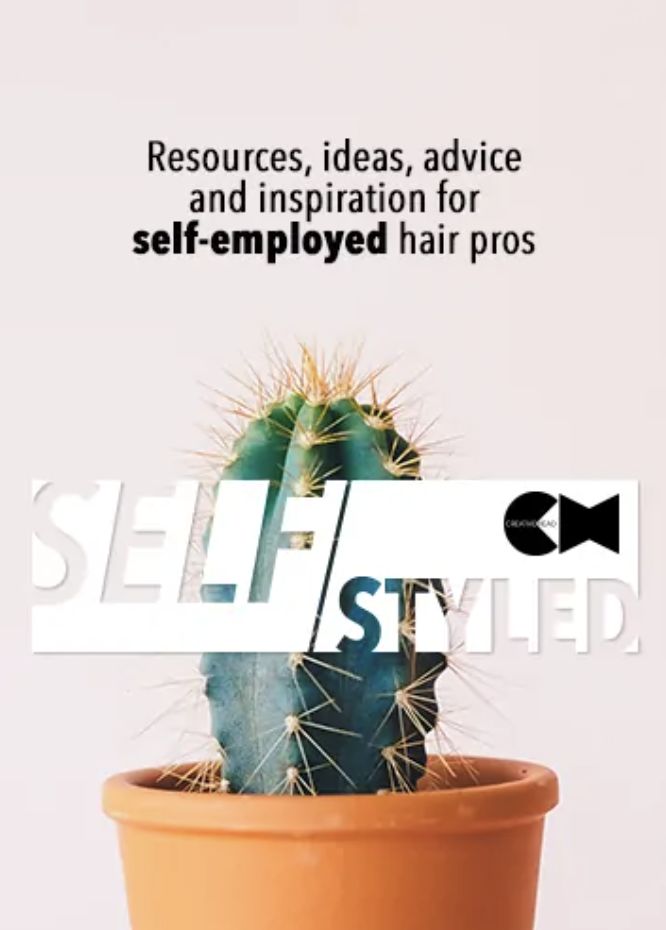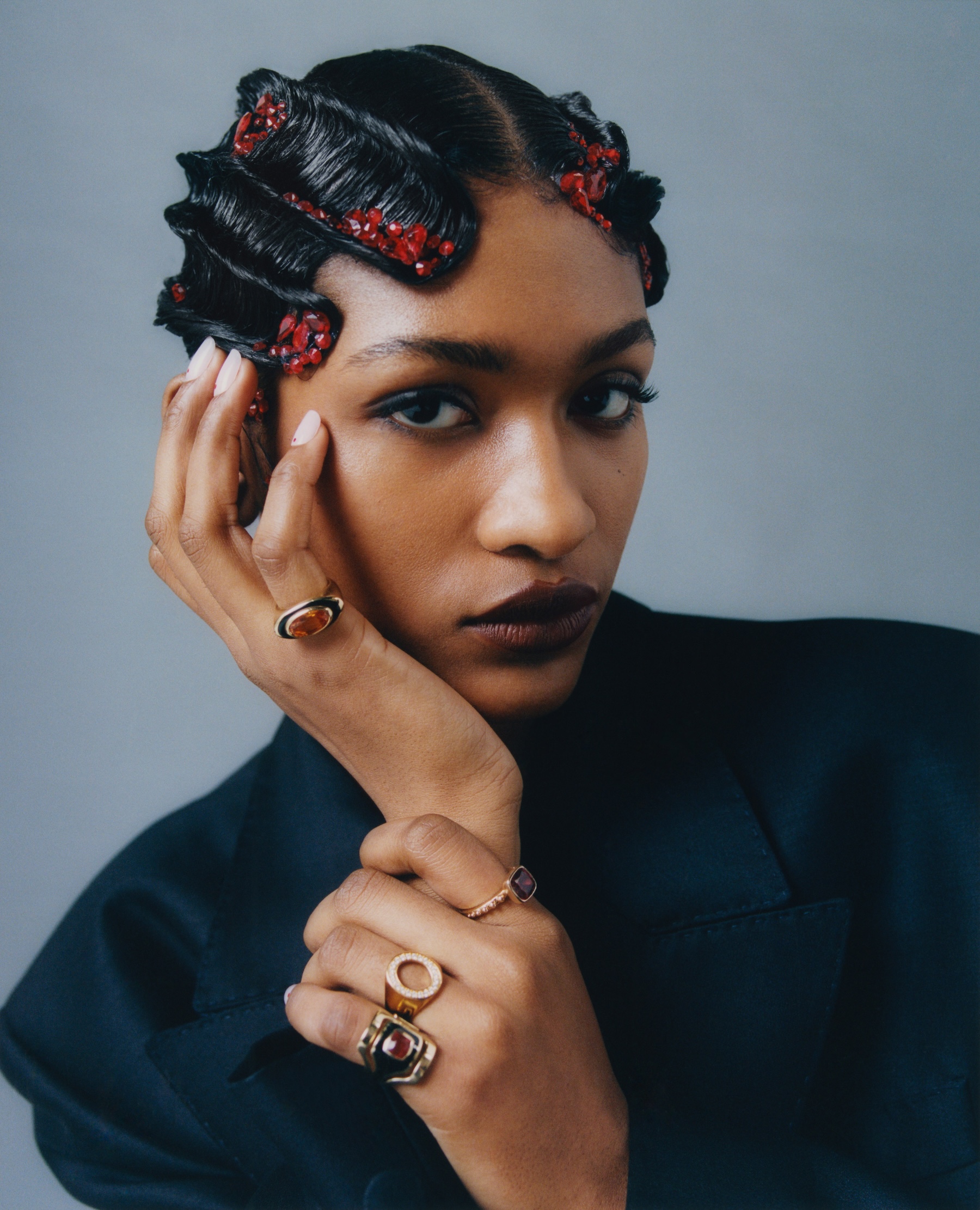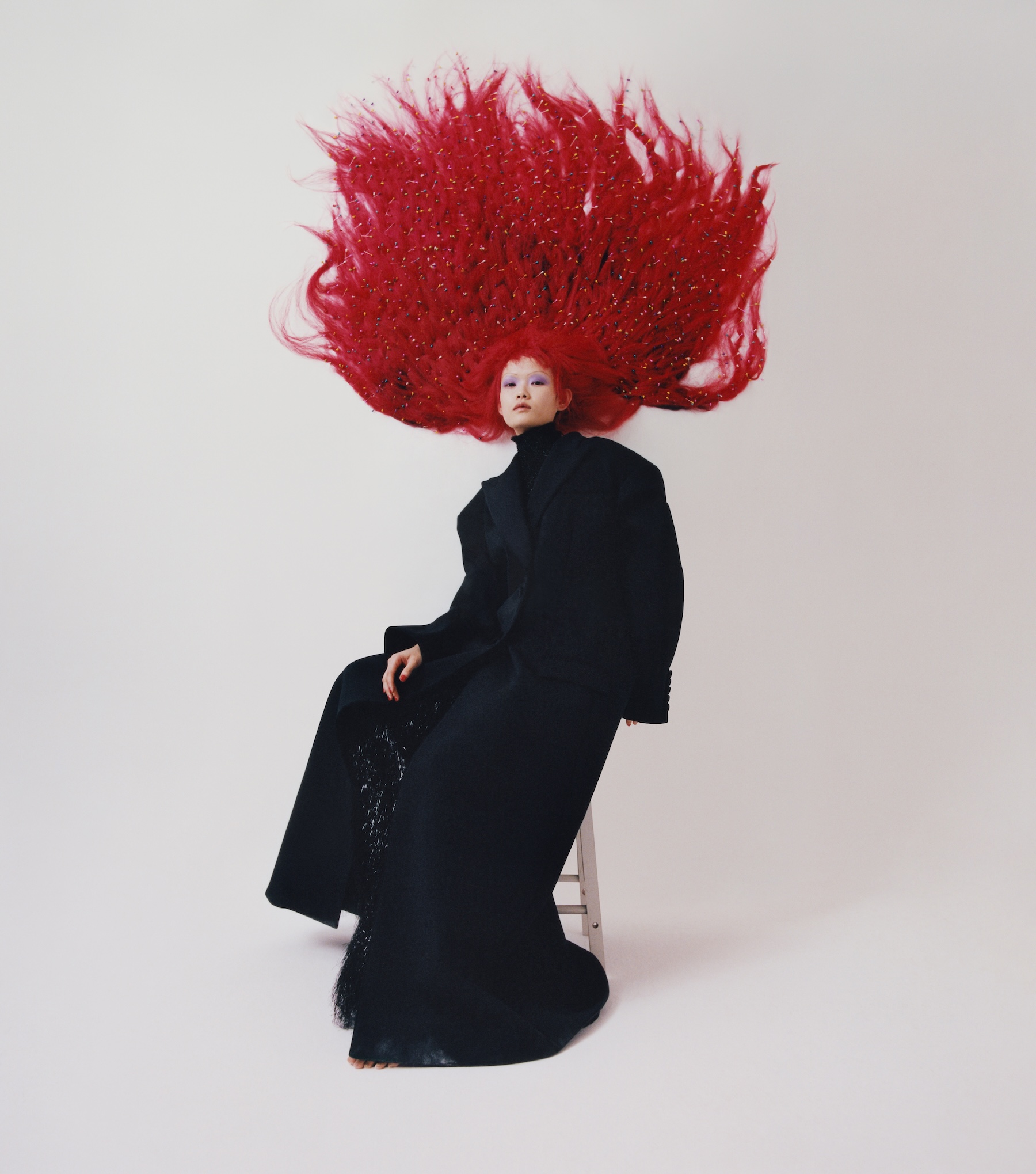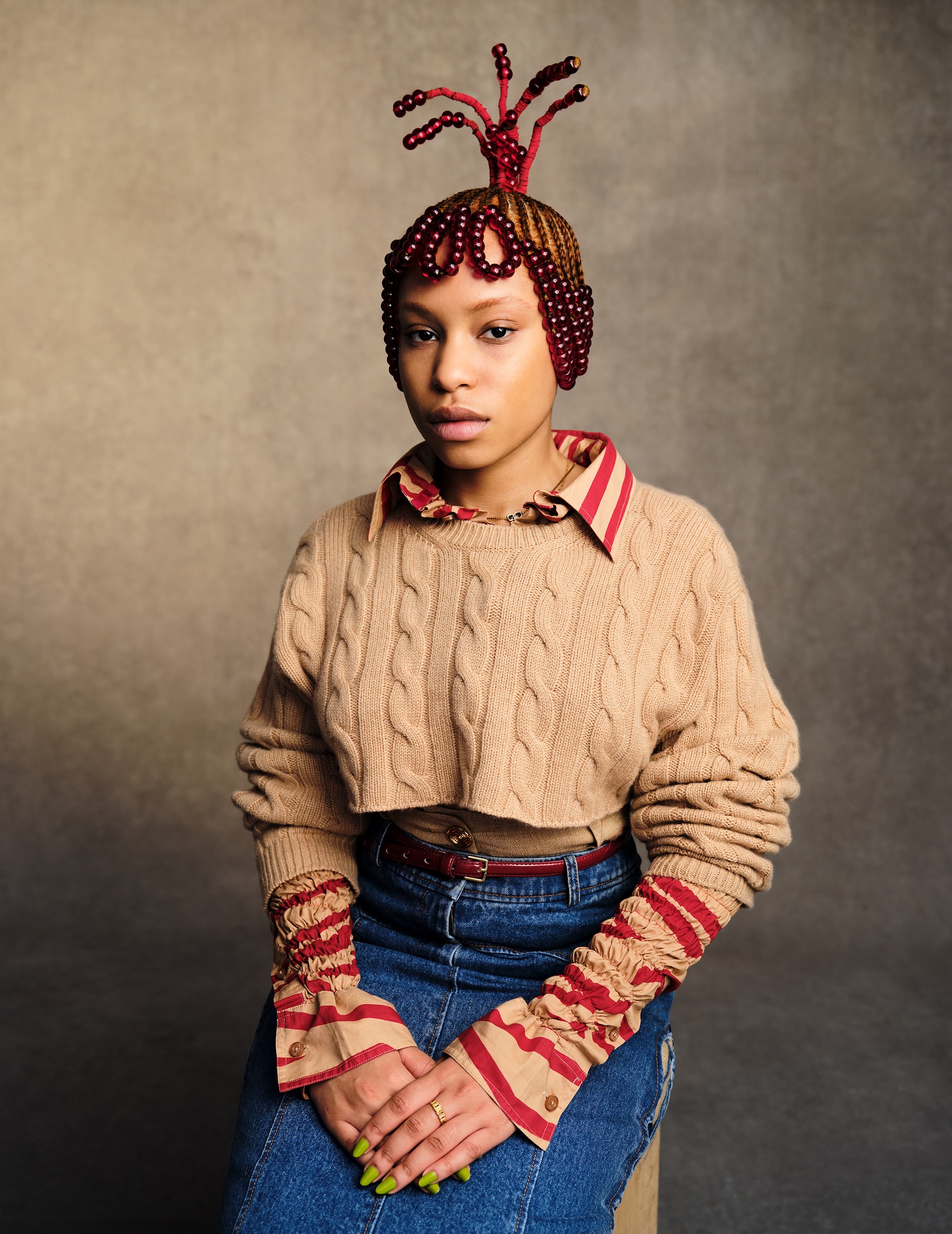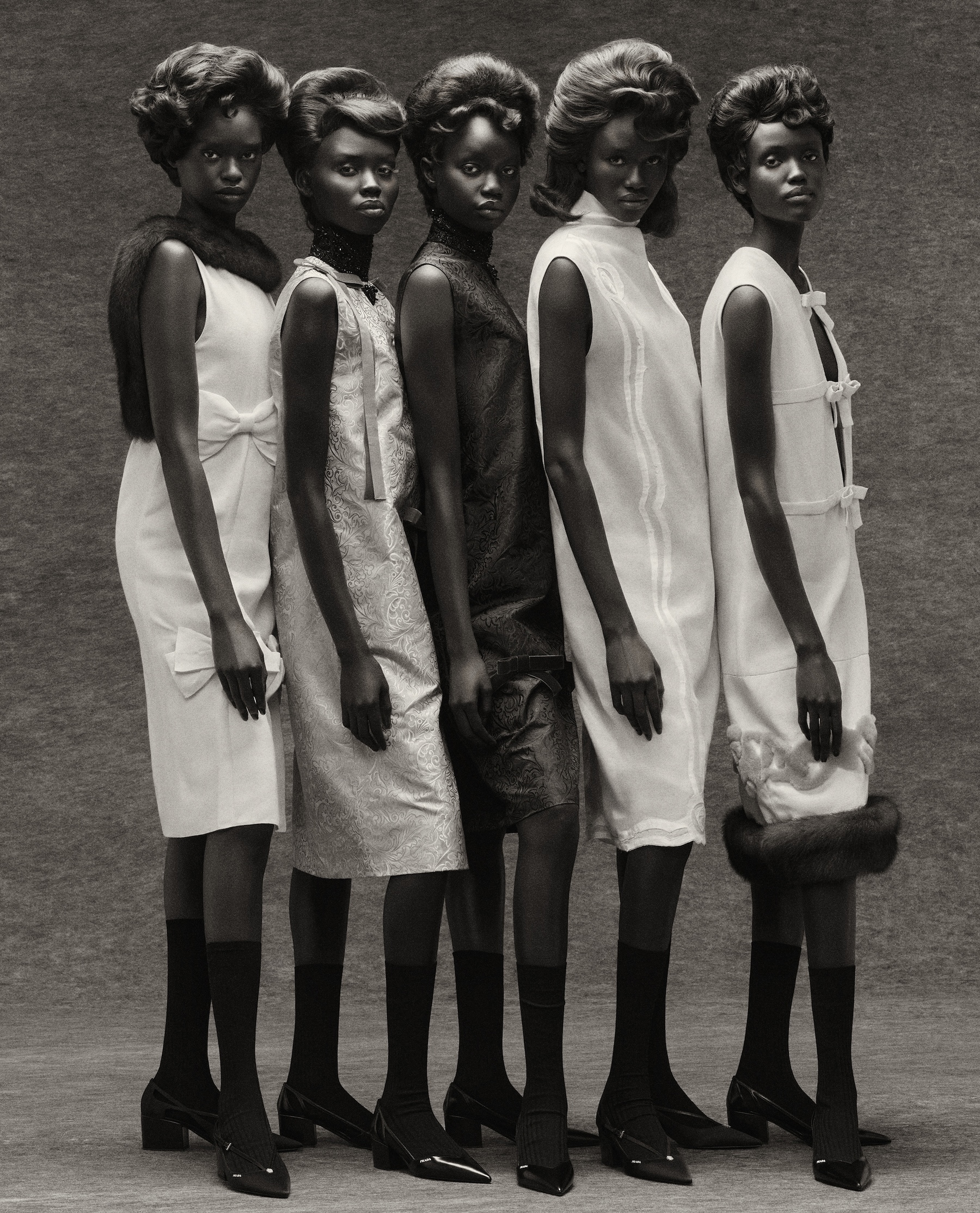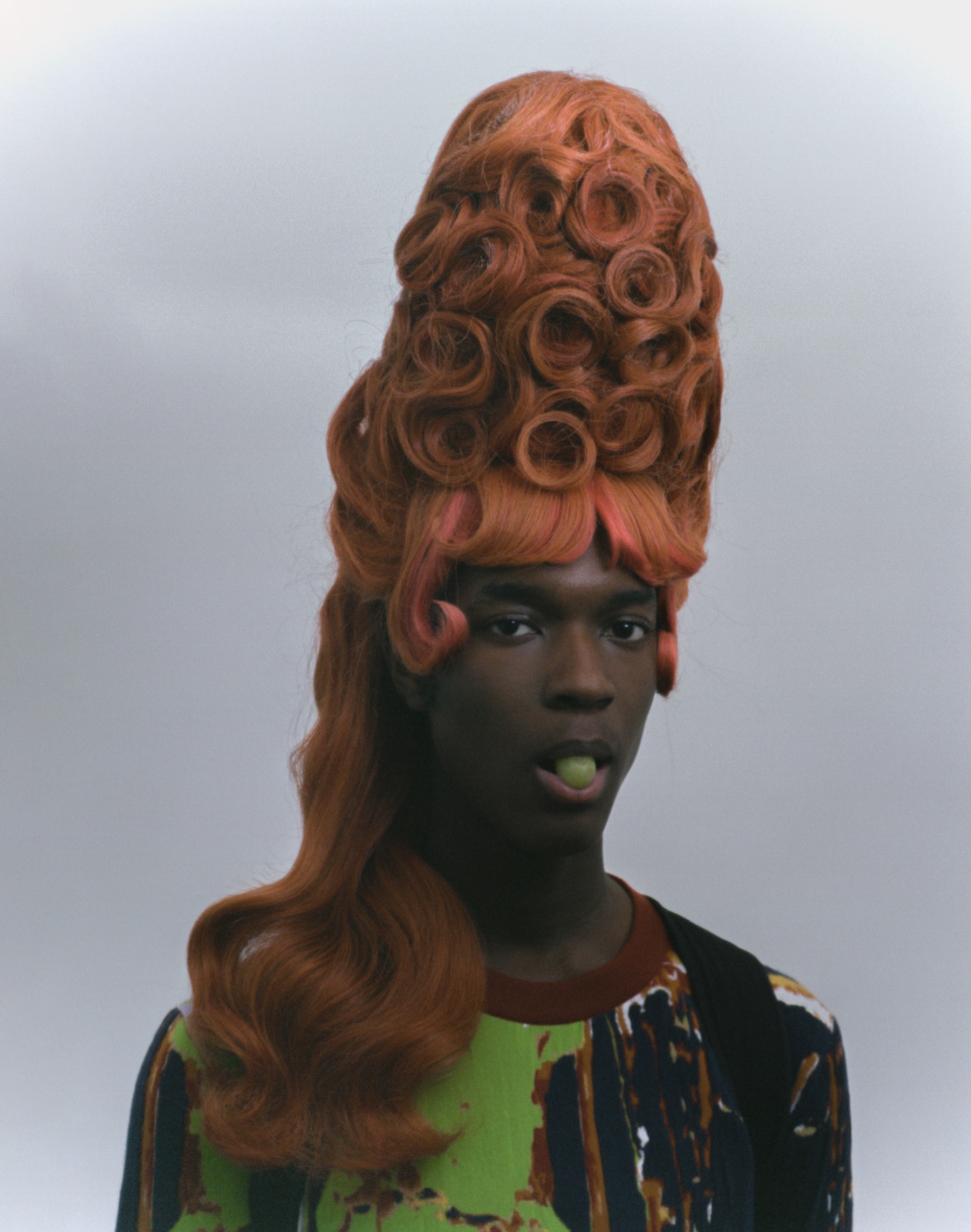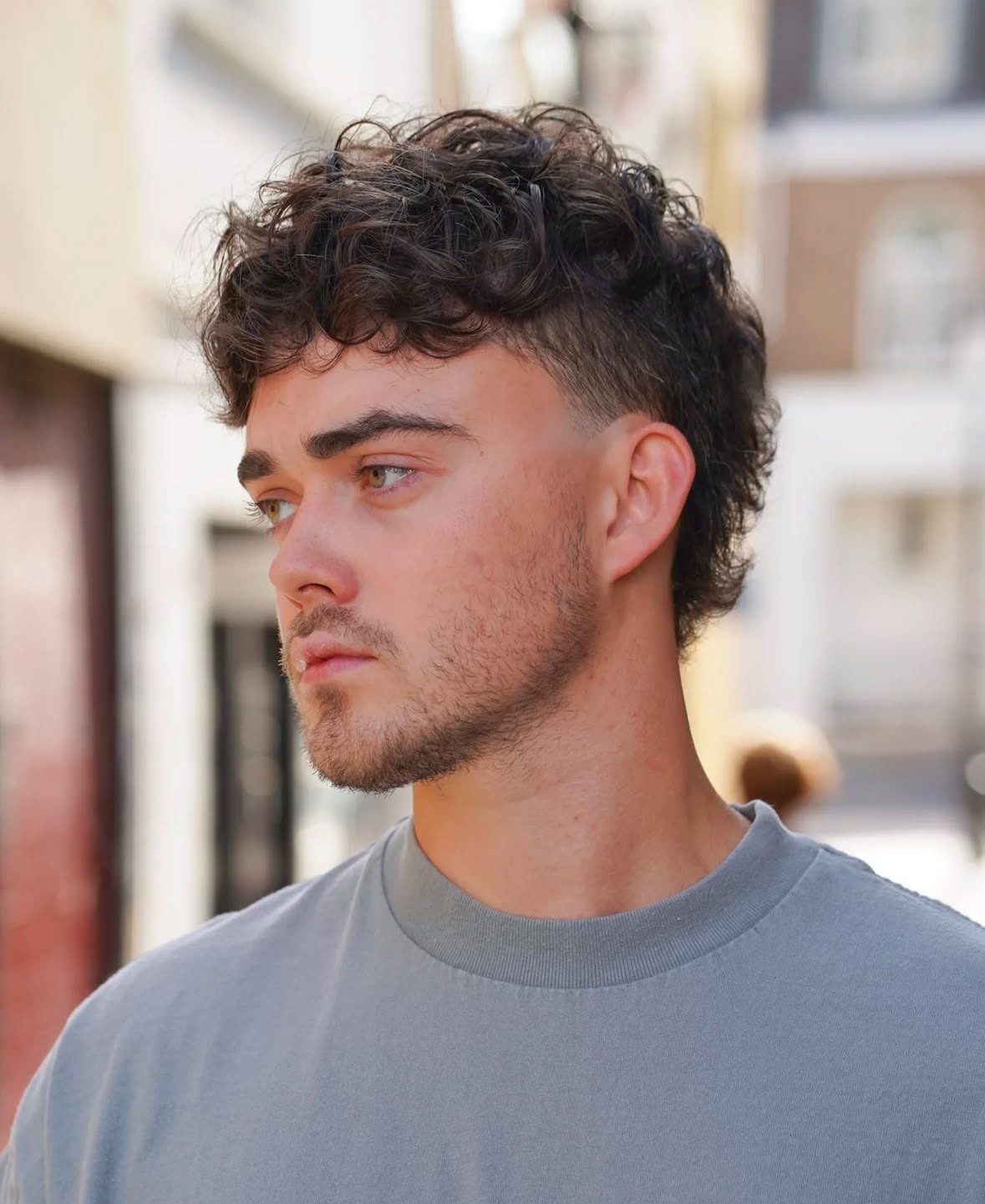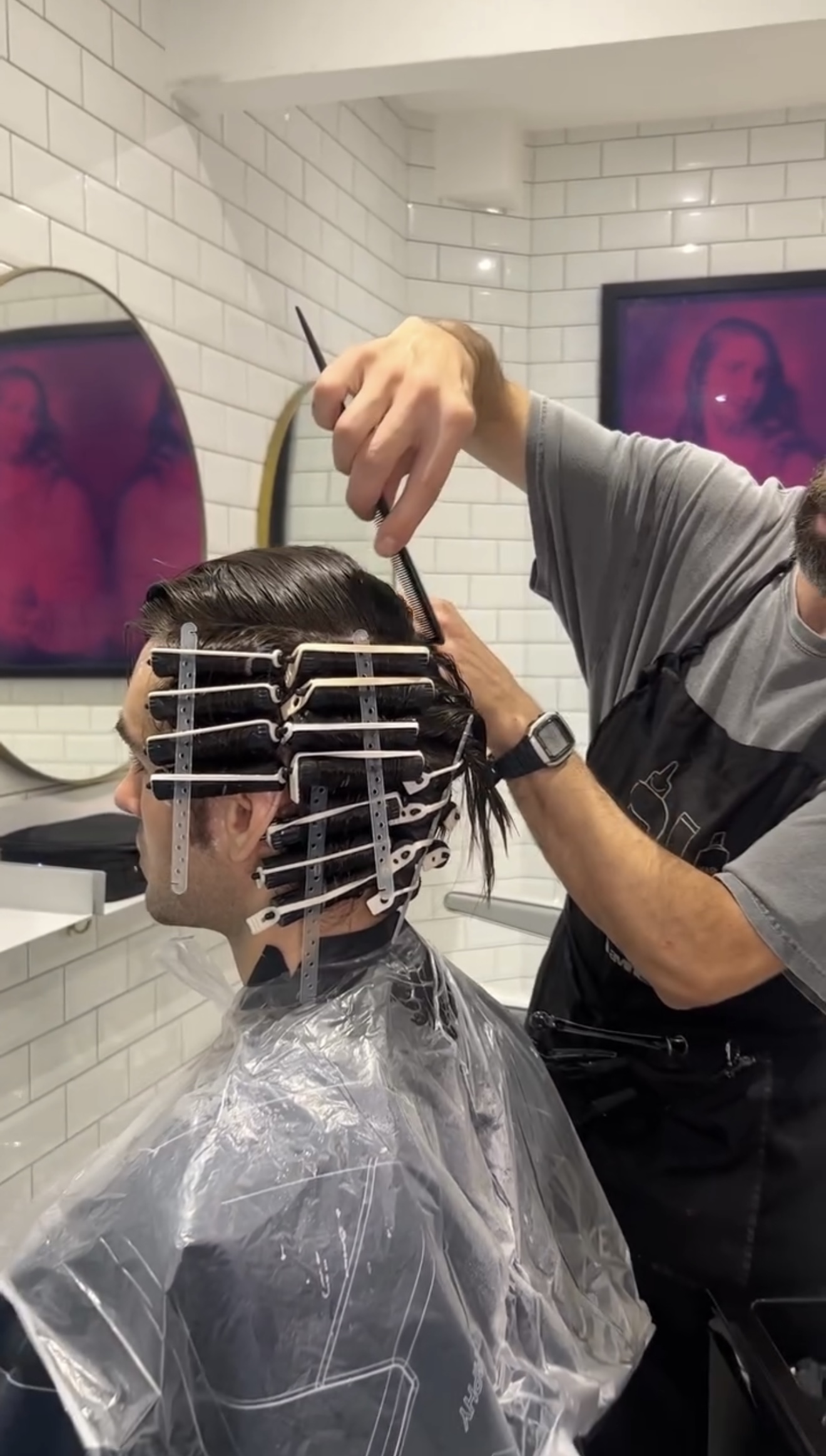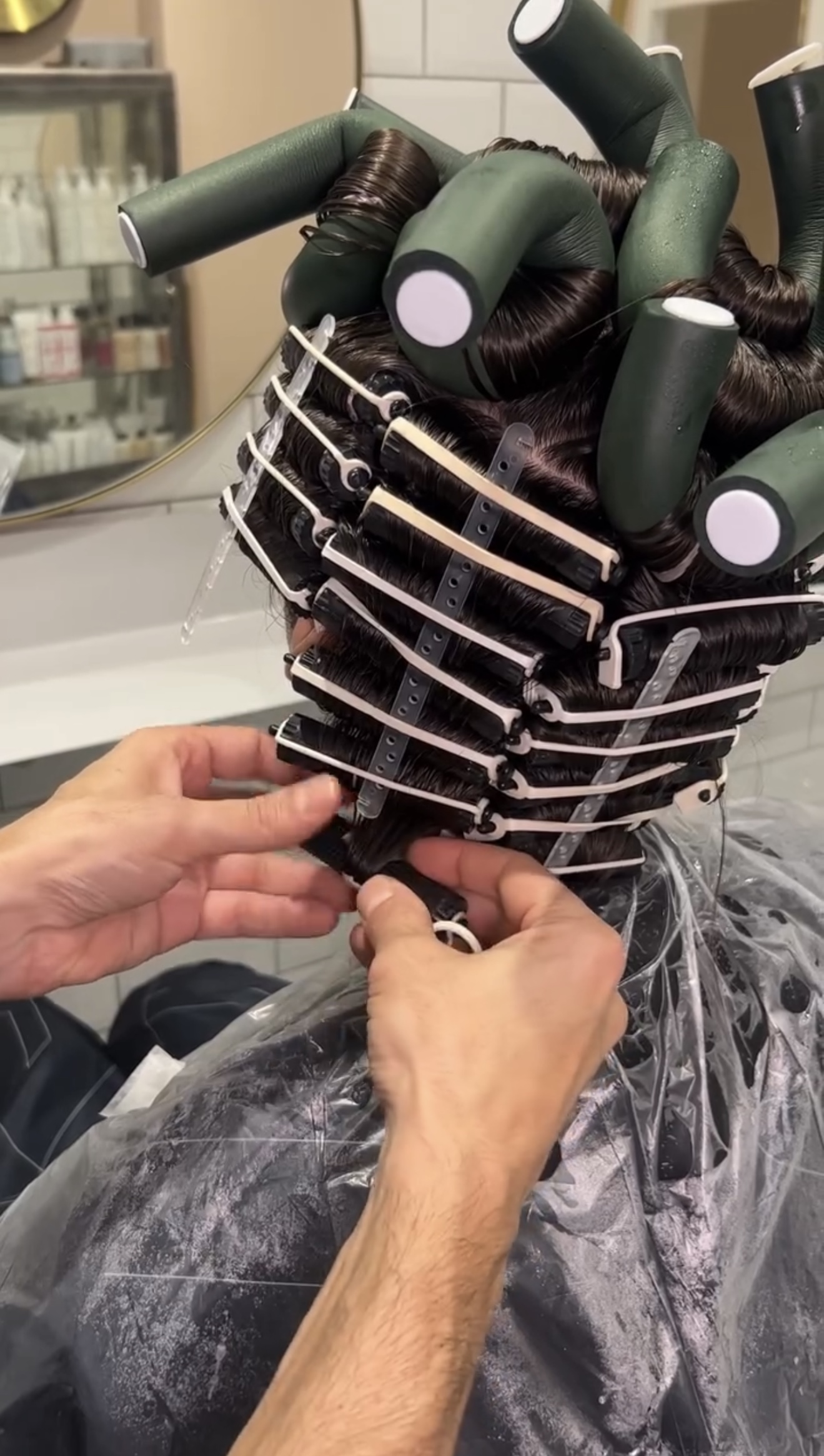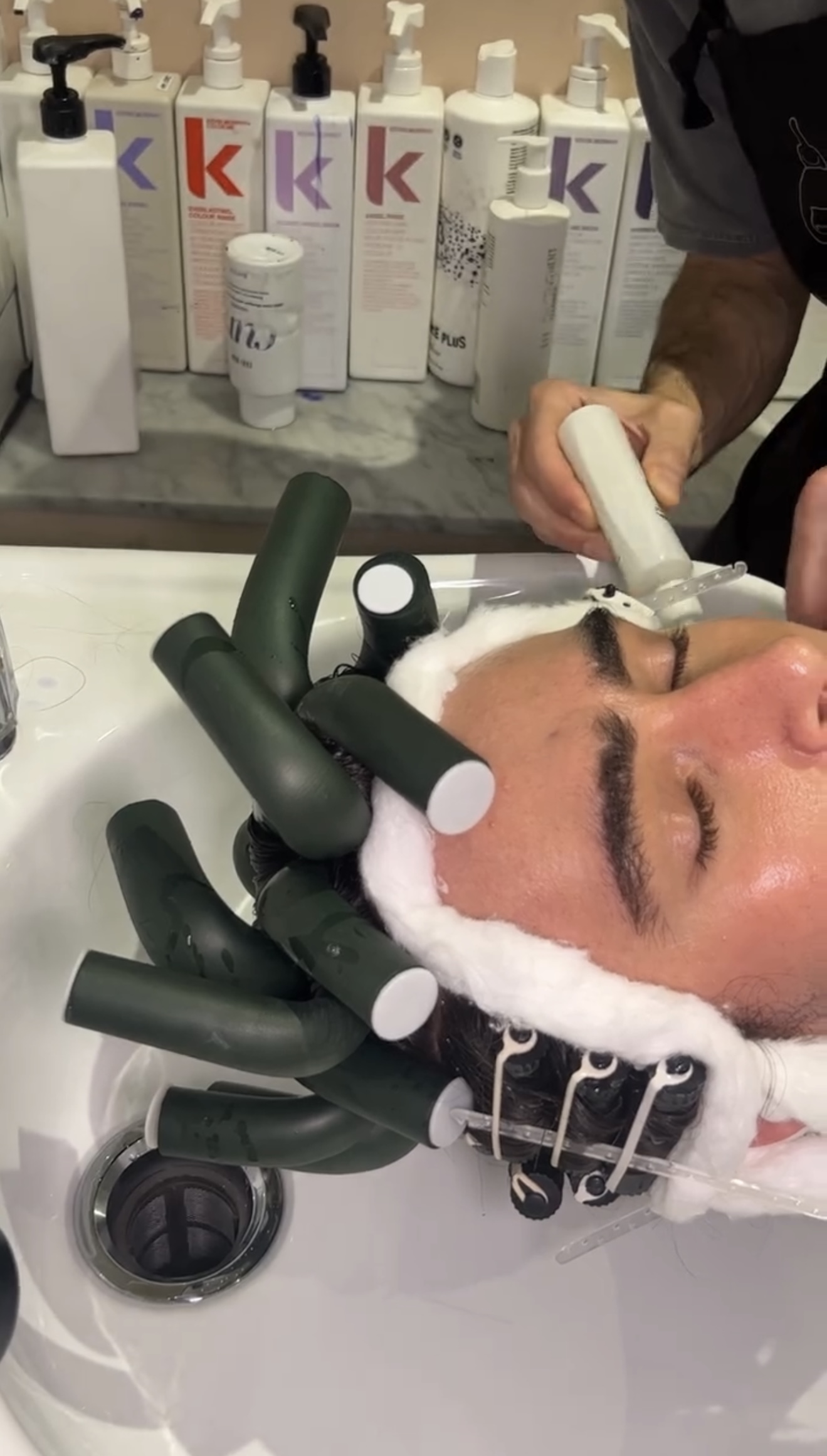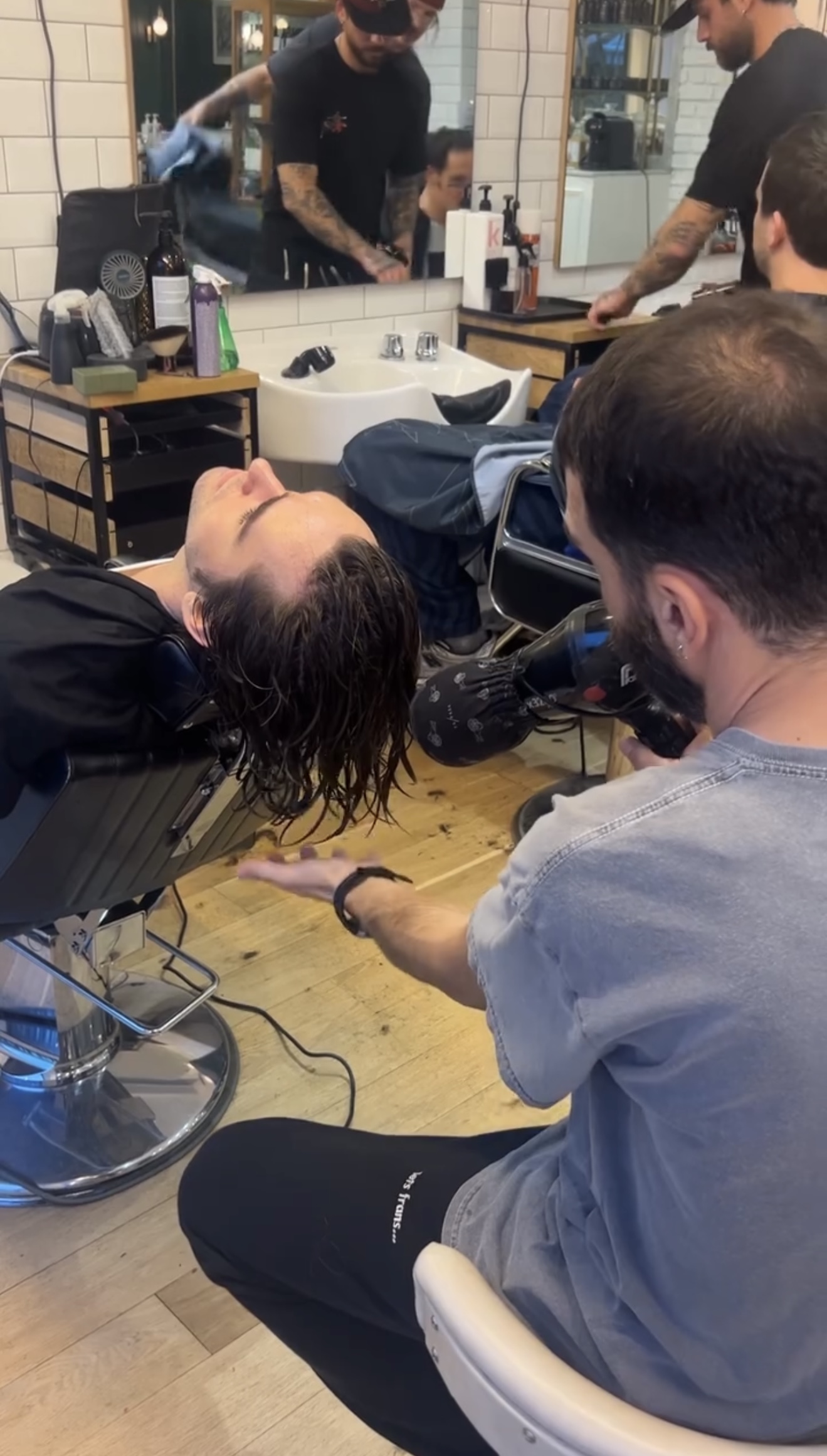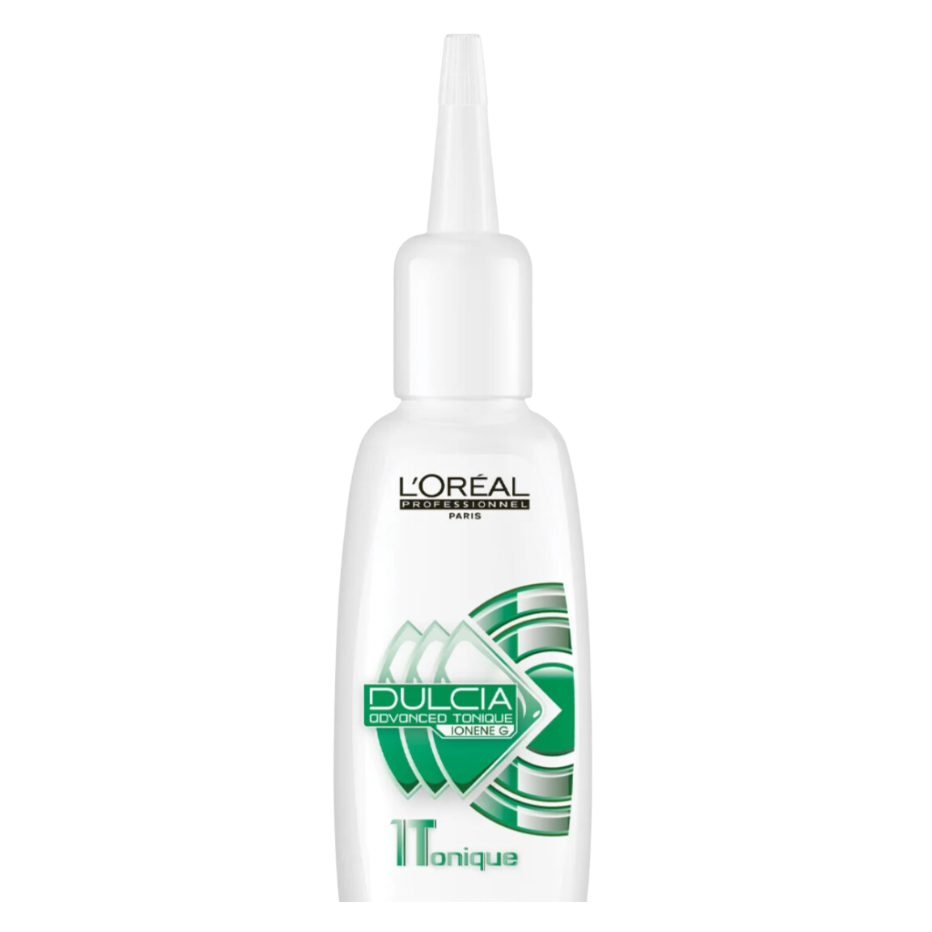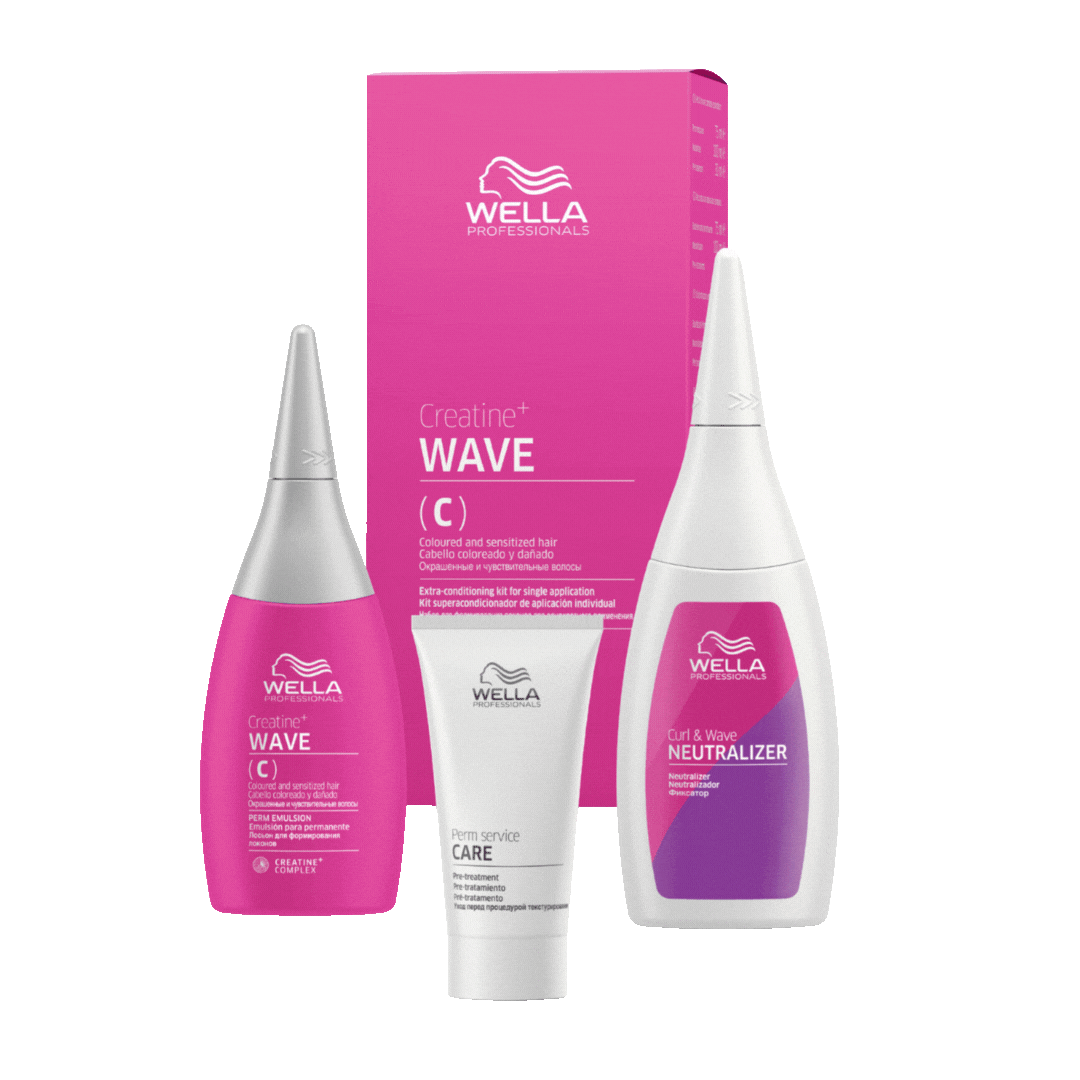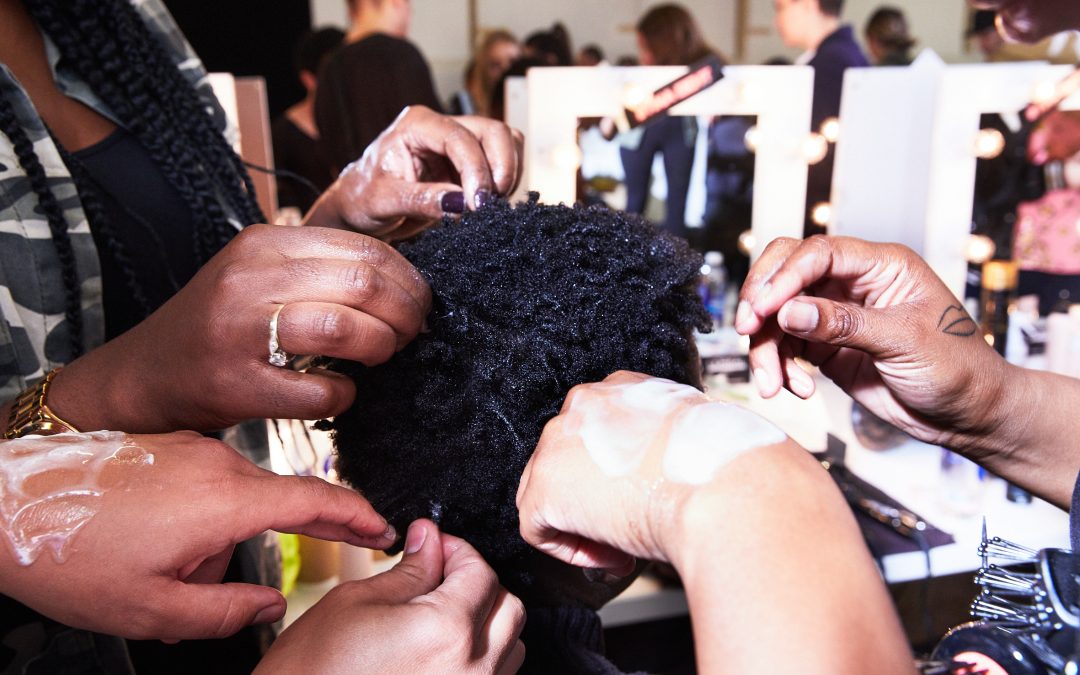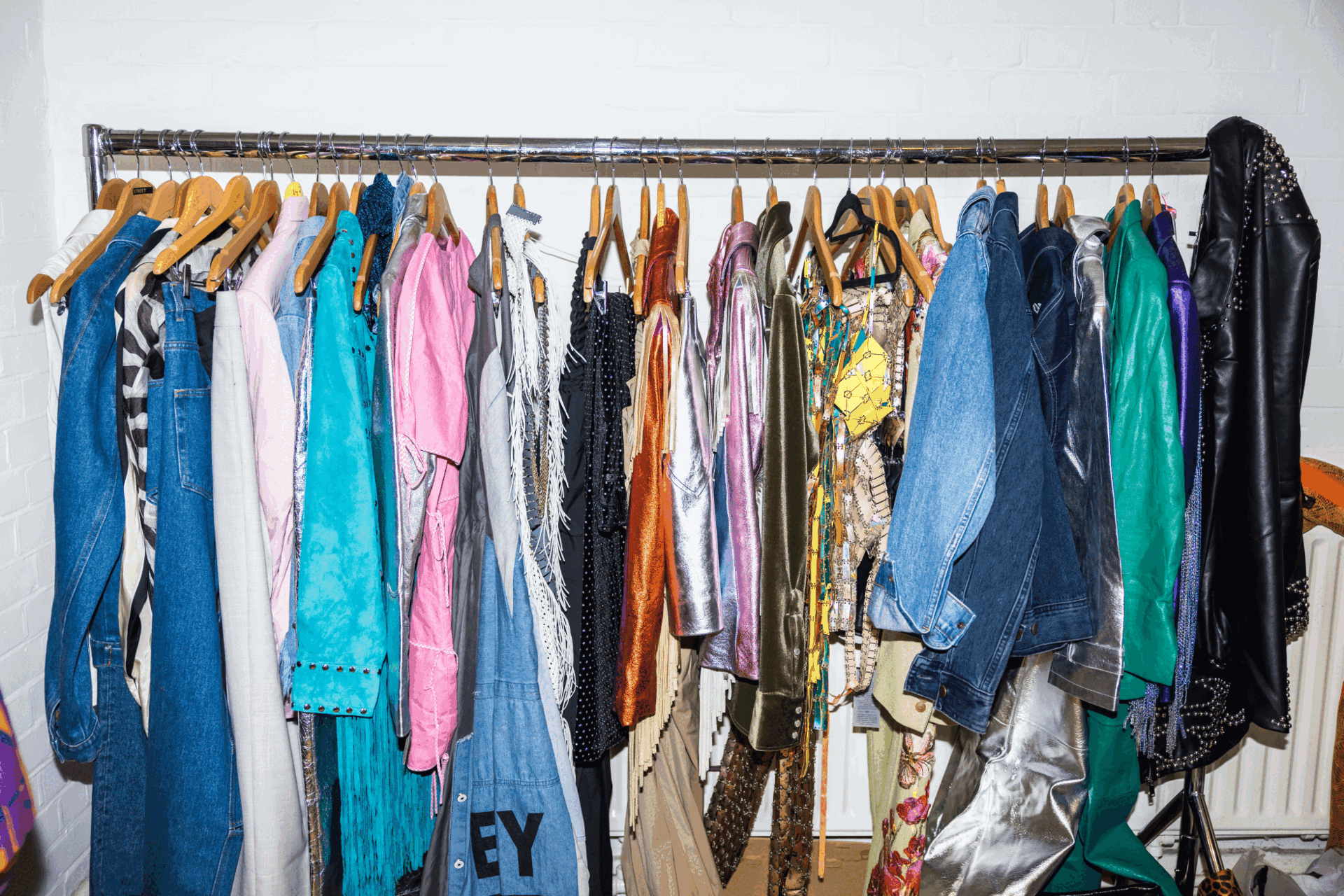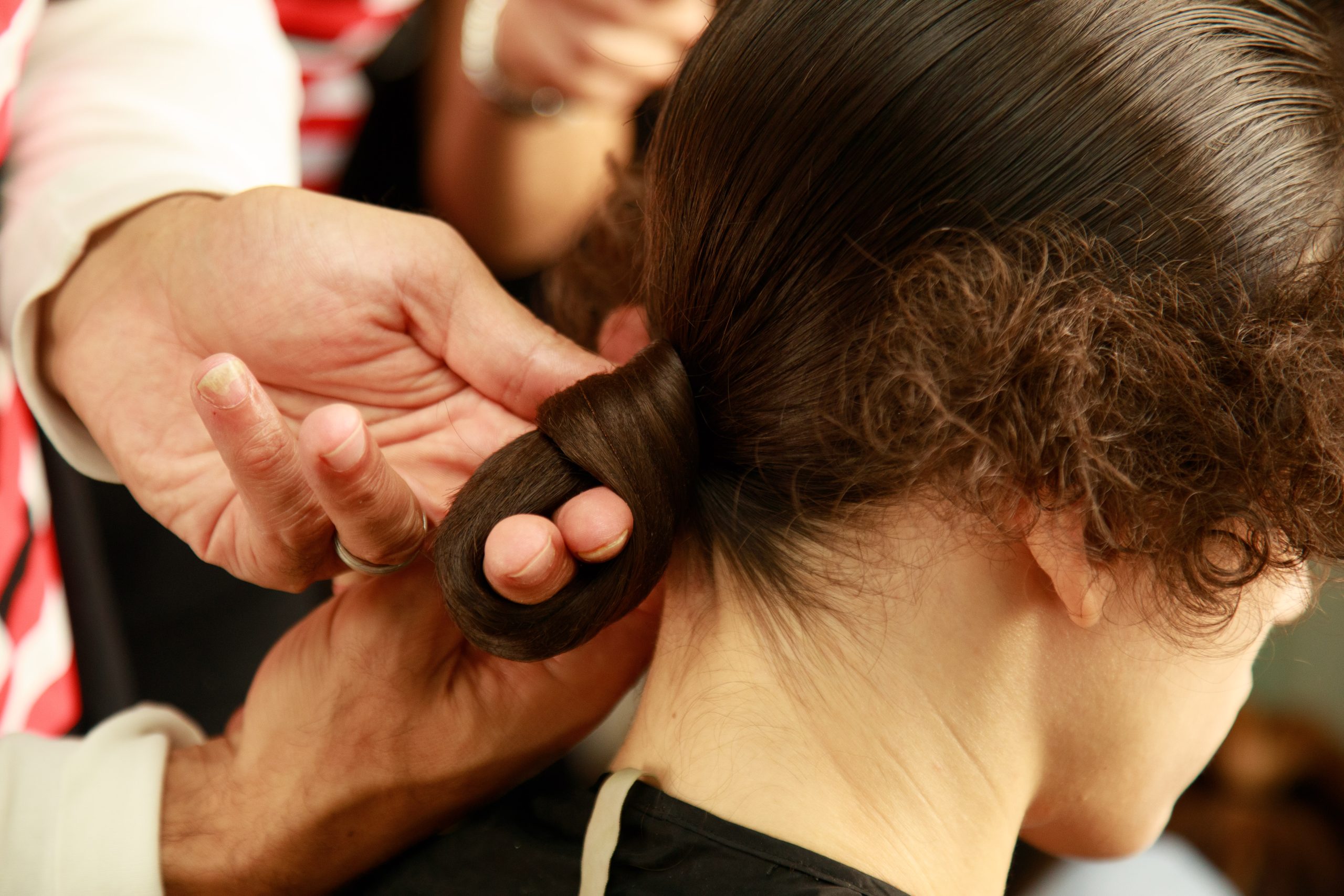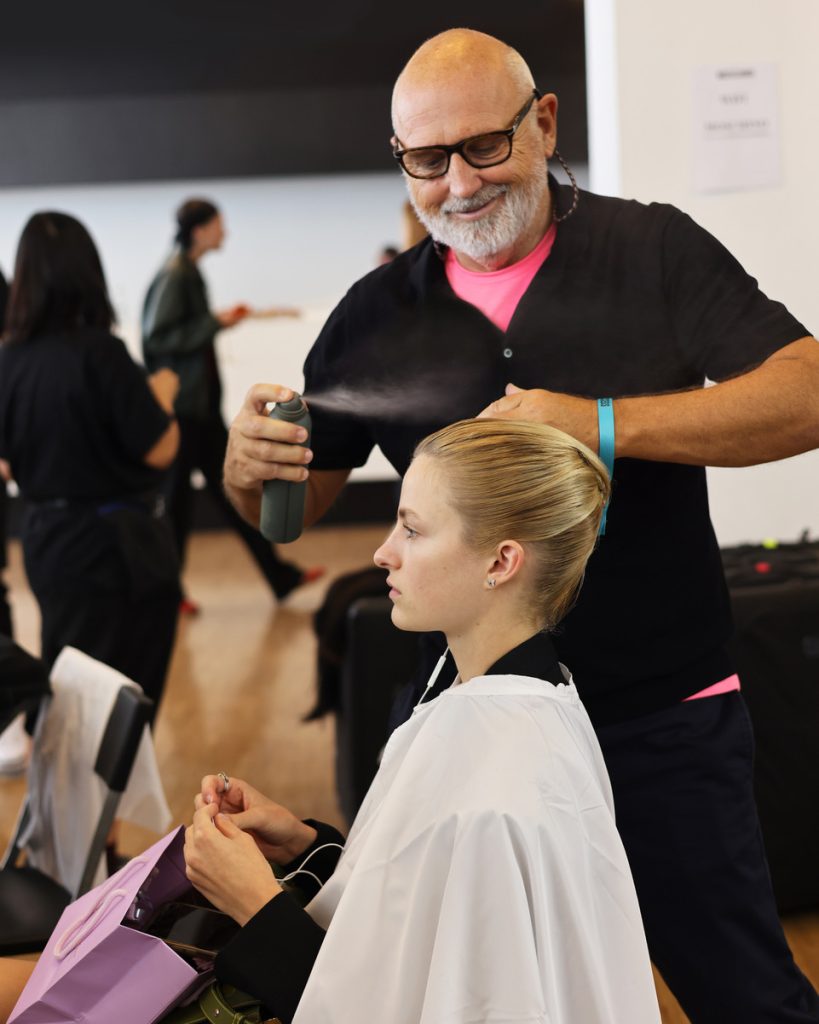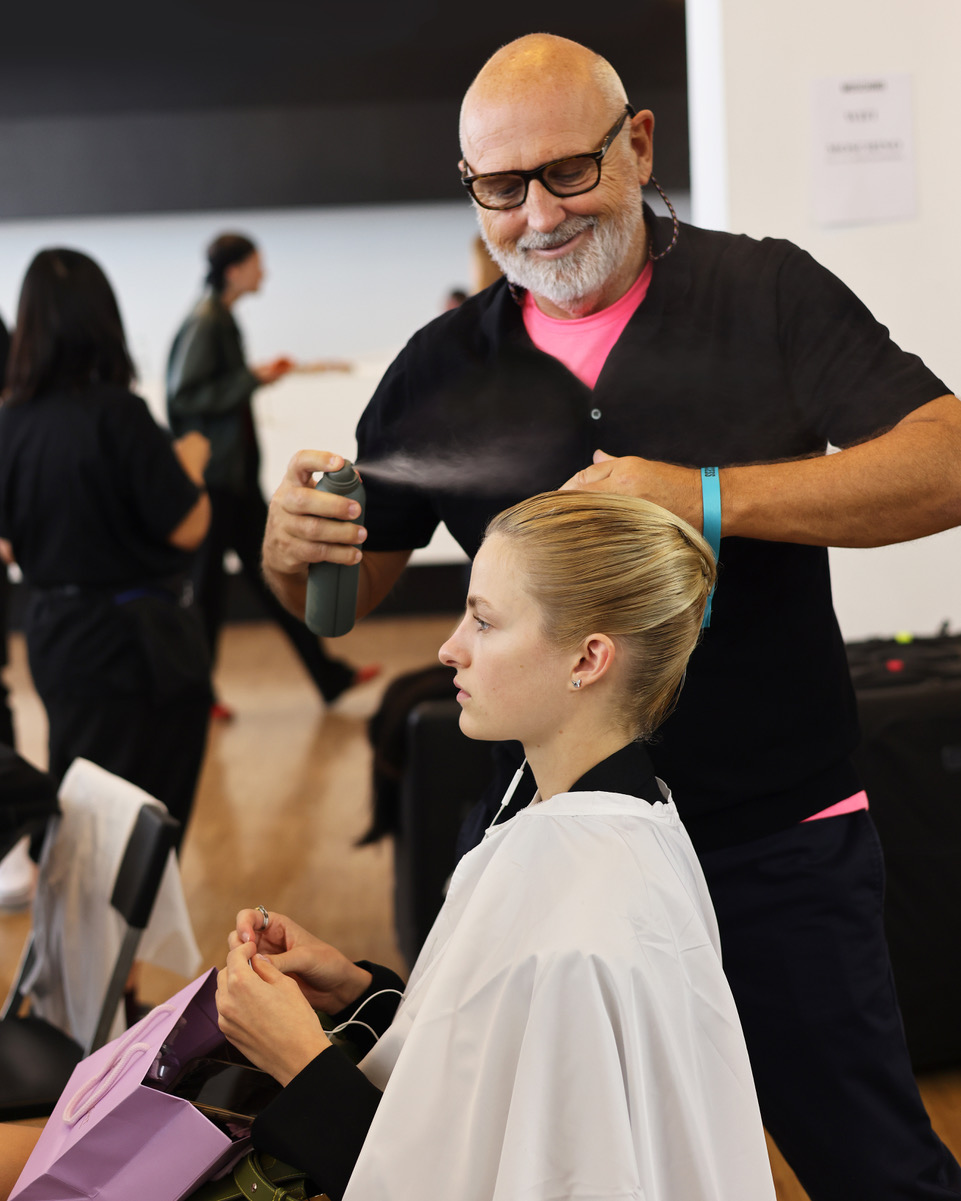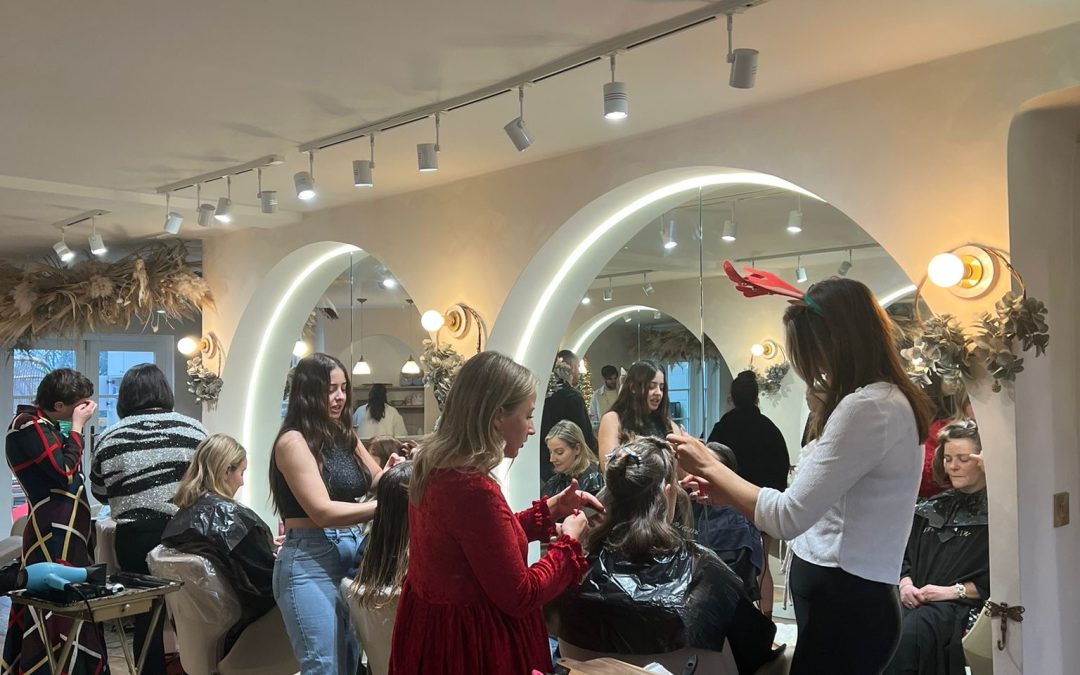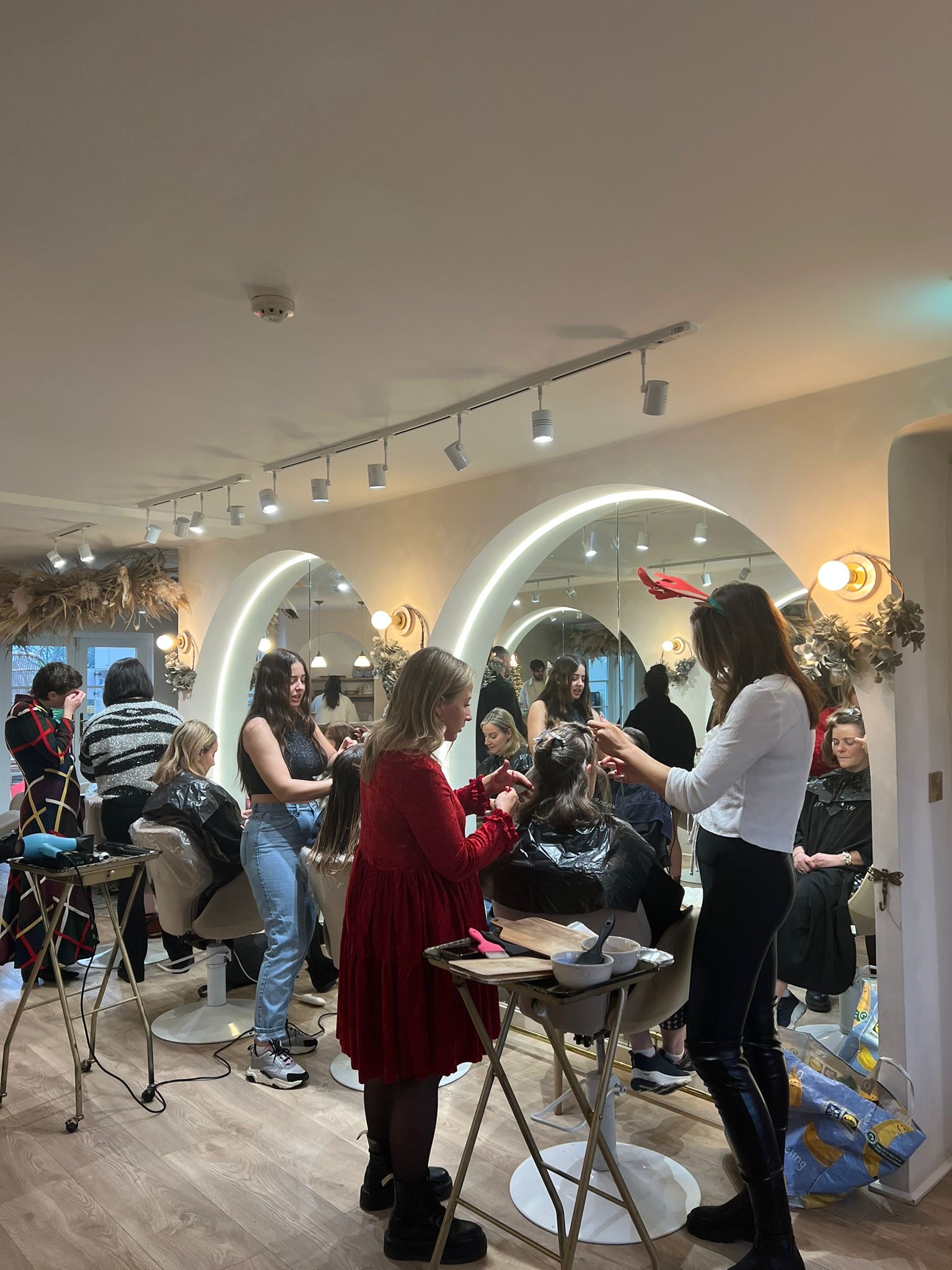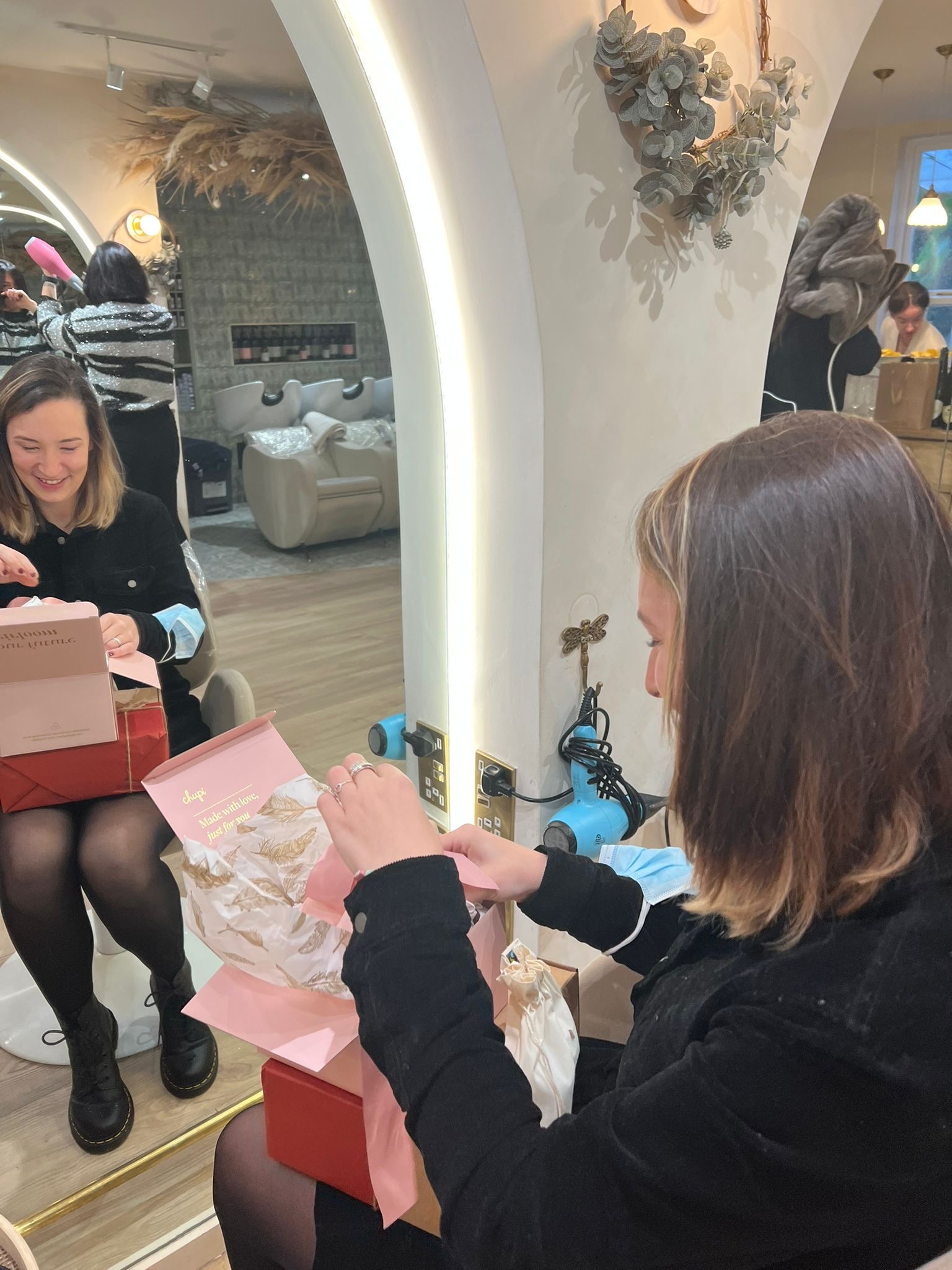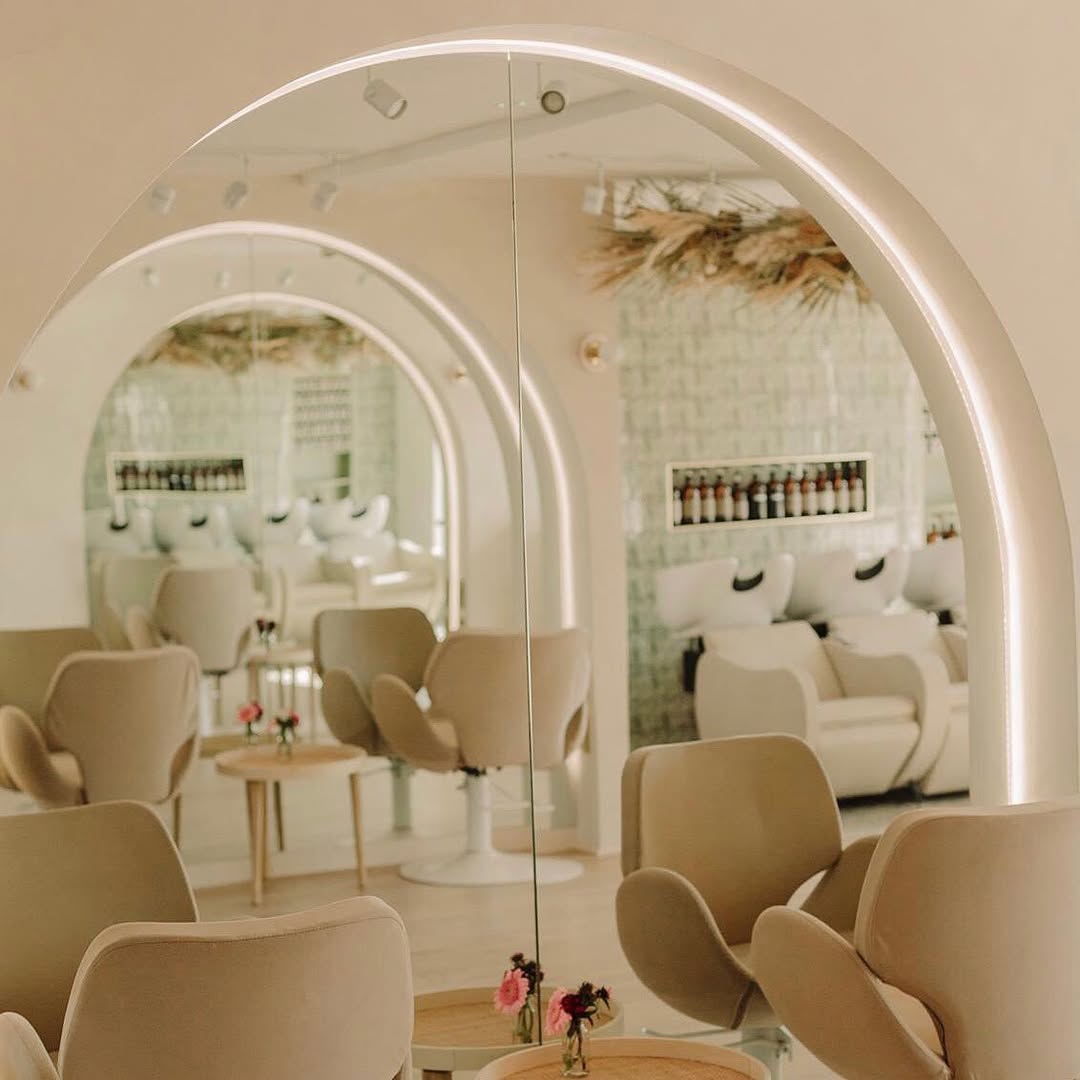
Tax, Rates And Wage Increases Are Coming. Can Hairdressing Businesses Cope?
Tax, Rates And Wage Increases Are Coming. Can Hairdressing Businesses Cope?
From April, hairdressing employers will pay more in National Insurance, as well as a higher Minimum Wage. In a special edition of our On The Floor series, Creative HEAD gathered business owners from across the UK to discuss the impact of Labour’s controversial first Budget
by CATHERINE | DOCUMENTS

In April 2025, significant rises in National Minimum wages and employers’ NI contributions will come into force, driving up operational costs and squeezing profit margins for many hairdressing businesses at a time of fragile post-pandemic recovery.
For many small business owners already struggling to keep their heads above water, the additional costs announced in Chancellor Rachel Reeves’ first Budget will be crippling. There is talk of a curtailing of new hires, a need to make existing roles redundant and even business closures.
If you’re one of those contemplating your rising cost base, the words of Eeyore from Winnie the Pooh might spring to mind: “Could be worse – not sure how, but it could be.”
However, some are pushing such gloomy thoughts aside and embracing the challenge by finding ways to offset extra costs.
Creative HEAD gathered a group of hairdressing business owners – a mix of employers, rent-a-chairs and hybrids – at a virtual round table to discuss how the impending changes are impacting on their plans for the future.
Upcoming Changes Announced In The Budget
Employers National Insurance Contributions (NICs)
From April 2025 the rate of employers’ NICs will increase from 13.8 per cent to 15 per cent. The level at which employers start paying NICs (the secondary threshold) will also reduce from £9,100 to £5,000 per year.
To help small businesses offset the increased NIC costs, the Employment Allowance, which helps eligible employers reduce their NIC liability, will increase from £5,000 to £10,500, and the £100,000 eligibility threshold will be removed.
Business Rates
April sees a scaling back of the business rate relief, with the current 75 per cent discount to be replaced by a permanent discount of 40 per cent, up to a maximum of £110k per business.
Wage cost increases
Significant Minimum Wage rises are coming into force in April 2025*:
A rise in the National Living Wage for those aged 21 and over at more than double the rate of inflation (from £11.44 to £12.21 per hour).
A 16.3 per cent increase in the National Minimum Wage for those aged 18 to 20 (from £8.60 to £10.00 per hour).
And an 18 per cent increase for those aged 16 to 17 and apprentices (from £6.40 to £7.55)
*The April 2025 rates represent the largest increase on record for the 18- to 20-year-old rate. The Government has also made clear they want the adult NLW rate to be extended to cover 18-year-olds in the future.

Q1 It’s fair to say the Budget has caused consternation in the business community, but which element will most impact on your business strategy as the new legislation comes into force this year?
For the majority of our panel, the biggest impact on business will come from the changes to employers’ NICs and the National Minimum Wage.
However, the increase in NICs wasn’t the killer – it was the reduction in the threshold that caused the biggest shock. Almost everyone is looking at making tough choices because of those rising costs, and apprentices are a major concern.
Those with apprentices talked of cutting numbers or not replacing them when their current cohort qualifies, while acknowledging the medium- to long-term impact on their future workforce of having fewer apprentices on board.
“We run our business as self-employed, but employing apprentices was something we were hoping to build up to in the future. Now, after seeing the Budget, we’ve been put off. I genuinely don’t know how people can afford them.”
_______
“We are fully employed with a team of 35, and we’ve worked out that the rate increase and the NIC threshold reduction are going to add around £30,000 to our wage bill. We will raise our prices in March or April to help cover that increase but our view is that later on in the year we will drop our apprentices from four to two. And the sad thing is that we rely on our apprentice programme for our stylists to come through, so that will be quite difficult in terms of our future workforce.”
_______
“The most disgraceful thing [the Government did] was reducing the threshold from £9,100 to £5,000. That is disproportionately hitting part-timers. If you’ve got one person on £150k, it will cost you £2.5k. If you’ve got 10 part-timers on £15k each, it’ll cost you an extra £10k. That’s insanity. So, supporting people like young mums, who come in at 10am and leave at 3pm, is now the most expensive increase in our labour cost.”
_______
“I run four salons in south London and around 75 per cent of our staff are employed, so [the Budget] is going to have the most enormous impact on our costs. The real frustration for me and other salon owners is that I don’t think the Government understands how the impact is disproportionately terrible for hairdressing. I can’t think of any other industry where the labour cost is around 60 per cent of turnover – we are overlooked in that respect.”
_______
“In the past, if I saw a great 19-year-old, I would have said, ‘Come on board, you could be worth the investment.’ Now I will probably think very differently. I am petrified for the future of apprentices in our industry.”
_______
“After many years of being a passionate employer, it became obvious that my team could walk off and earn so much more money self-employed, so I switched my business to chair rental. I was mid-transformation when the Budget hit and all I could think was, ‘Thank Christ I did that!’”

Q2 What action will you need to take to ensure your business can survive and thrive over the next 12 months?
As well as raising prices (which can neatly be blamed on the Budget, and clients will understand), there was lots of talk of working meticulously through the P&L to make cutbacks, too.
Apprentices are in the firing line, but so are those unique luxury extras for clients – one business owner talked of reducing the size of his coffee cups because clients are increasingly asking for more expensive oat milk; another said they would stop offering baker-crafted branded biscuits and go back to Biscoff.
However, we also heard how some are looking at the positives of their business, “shutting out the noise” to focus on what they’re brilliant at and working hard to raise awareness of those USPs and to deliver a business that is flexible and responsive to both clients and team.
“I can’t make progress if I’m feeling anxious or negative. What I need to do is take practical steps to ensure that my business is sustainable. I’ve set aside the whole of this first quarter of 2025 to completely rework my business model. I need to look at every single line, I need to take it all apart and then put it back together in a model that works, that will tell me what I need to do with my pricing, my contracts, my apprentices, my stylists.”
_______
“We have decided we need to be stricter on targets, so we now have a weekly huddle on a Monday morning to clarify our goals – we’re not drifting into anything anymore. We are trying to plan and make sure that every member of the team knows where they are financially.”
_______
“I will be looking at my pricing and actually trying to understand it better (it’s always been a bit messy). I’ve been using the Maddi Cook calculator and putting it all on a spreadsheet and seeing how an increase could help me. This is definitely an excuse to blame the Government. I can be blunt with clients and say, ‘My staff deserve a decent wage and this is the only way we can afford it.’”
_______
“We’re going back to basics – facts and figures. How much do we need to make? How are we going to do that? What skills will be required? We’re letting that inform us how we need to address the Minimum Wage, the business rates and so on. I feel you can get caught up in the noise, what’s going wrong, whereas we need to think about what we’re good at, what we’re offering and how we will achieve that financially.”
_______
“For us, it’s been an exercise of consolidation. We’re trying to bring everything back in-house, which will require a bit of restructuring and like everyone has said, there’s no room for any fat. We’re looking at efficiencies, really trying to work out where we can make savings, while bringing up those service standards so that clients feel they’re getting value. What’s scaring me a little is that we put up our prices every April and they will have to go up significantly this April, so we’re having to work out how to present that to clients without spooking them.”

Q3 What action would you like the hairdressing sector to take to support your business over the next 12 months?
It was widely felt that industry organisations are not making our position clear to Government. There is a distinct feeling that hairdressing is not understood, and we need to be more vocal in sharing our real issues.
There was talk about the need to raise the reputation of hairdressing. The public needs to see that we are not the Wild West – that hairdressing is a legitimate industry, and we invest in our people. For the first time in a while, the issue of compulsory registration was raised and there were calls for training organisations to be vetted and rated.
Business owners are also taking a hard look at their suppliers, many of whom have just announced price rises. It would be good if those account managers and reps could be there to offer business support, rather than just trying to sell more product…
“I think the industry bodies that are supposed to represent us are doing a bad job. A couple seem tone deaf in terms of the impact of [the Budget] changes on our industry. We are lumped in with beauticians and cosmetics brands so what’s presented to the Government is actually a muddled picture about growth, when actually if you drill down the trend in hairdressing is a total exodus from employment into self-employment and businesses deliberately staying below the VAT threshold, which creates an unlevel playing field.”
_______
“The organisations who represent us are run by people who are not hairdressers, none of them own salons. It’s effing ridiculous!”
_______
“I do think that not having a voice is an issue for us. Salon ownership is at an all-time low. So, if someone is doing a survey of hairdressers and asking them what the problems are, the results are not going to be representative of the issues that we [as business owners vs independents] are facing, because only a small percentage of respondents will be running a business and having to deal with these very real issues following the Budget. If the Government is being told, for example, that 90 per cent of the industry is managing, then why would they take any notice of the other 10 per cent? We’re getting to the point where we can’t train anybody anymore and nobody’s coming through as a result. That message needs to be clearer.”
_______
“I think we need to register hairdressers. I think there needs to be some kind of clampdown on standards in training organisations because some of them are shockingly bad.”
_______
“With the bigger brands, obviously, the more you spend, the more support you get. But when you’re trying to support the smaller independent brands, they just don’t have the ability to deliver that. So, it’s all a bit tough, it’s treacle out there – it’s sticky.”
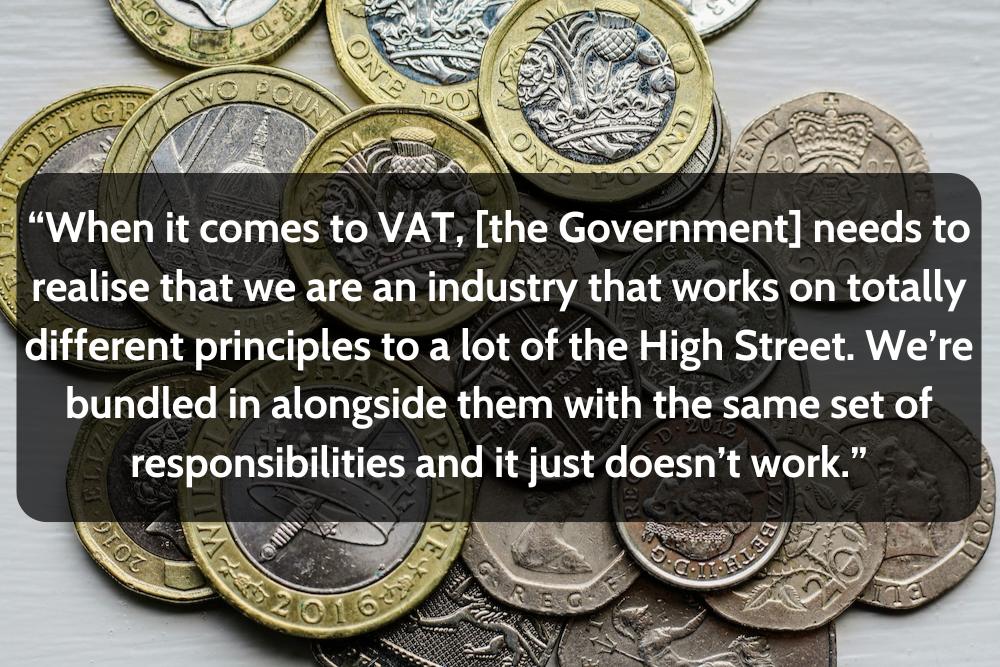
Q4 What action would you like the Government take to address some of the negative impacts of the Budget on your business moving forward?
VAT was an issue brought up by all – how a reduction in the rate and/or in the threshold would make a huge difference, although nobody saw any VAT change on the cards. The predominant feeling is that all hair pros providing a service should be paying similar taxes and all should be VAT-registered. That would create a level playing field that would make business ownership and employment more sustainable – and that needs to be better explained to Government.
“I’d like to see Government give us a VAT that is proportionate for service industries. I know they do that in Ireland (VAT for hairdressers is charged at a reduced rate of 13.5 per cent versus the standard rate of 23 per cent) but I’d like to see it go further. I’d like to see them make every independent stylist charge VAT as well to give us more of a level playing field. So, if you’re a practising hairdresser you should have a VAT number.”
_______
“When it comes to VAT, [the Government] needs to realise that we are an industry that works on totally different principles to an awful lot of the High Street, and yet we’re bundled in with the same set of responsibilities and it just doesn’t work. They also need to understand that we are a craft and that for us to be able to train and pass on that craft we need better financial support. Through economic necessity, assistants are being asked to go onto the floor too quickly.”
_______
“VAT is just the killer. It’s so depressing watching your business grow and then seeing how much tax you have to pay and how little you can offset. Every week, when I put that money into to the pot I use to pay my VAT, I just feel like, What’s the point?’”
_______
“We all know that in barbering there are so many crooks on the high street, and it sucks knowing that we work so hard and are doing things properly while there are 30 other barber shops down the road doing cash in hand and probably making more money than us.”
_______
“Government has to understand that our industry is labour-intensive. They’ve got to level the playing field. Everyone has to be VAT-registered, whether you work from a shed or from a salon in Mayfair. And I think they need to reward employers that train people, that’s also key. Until that happens, it’s all going to become more and more of a challenge. But I do think salons that can survive the next three or four years are going to be smashing it, because if you can keep your head until then…”
